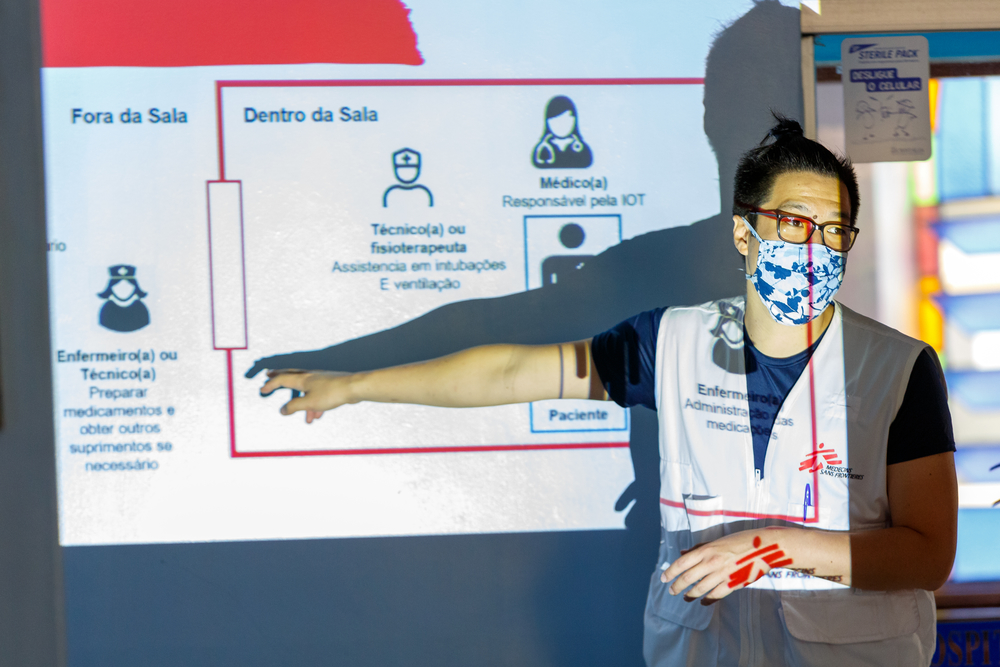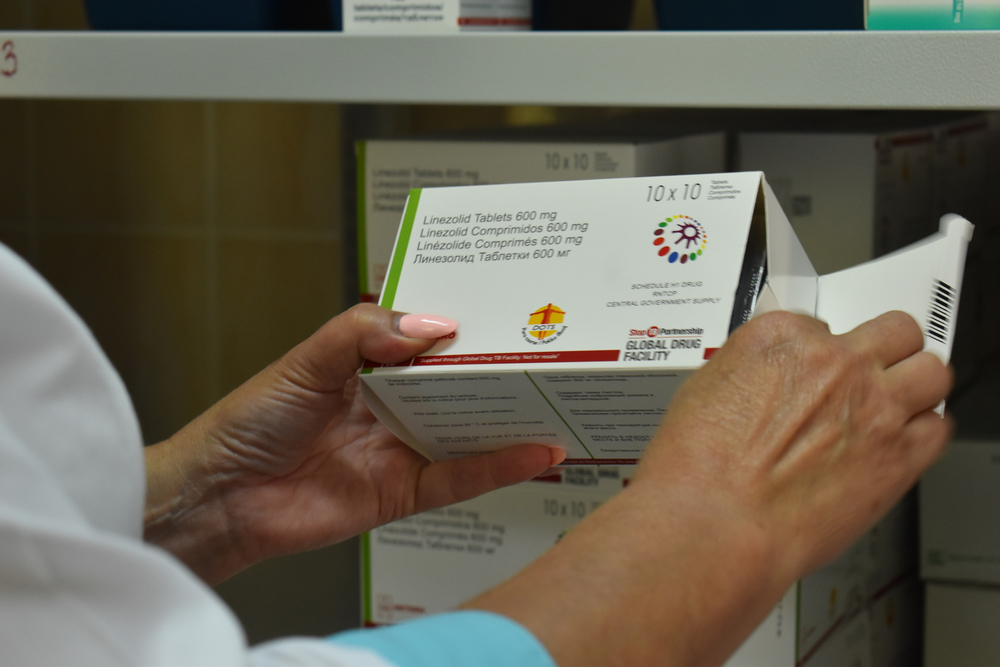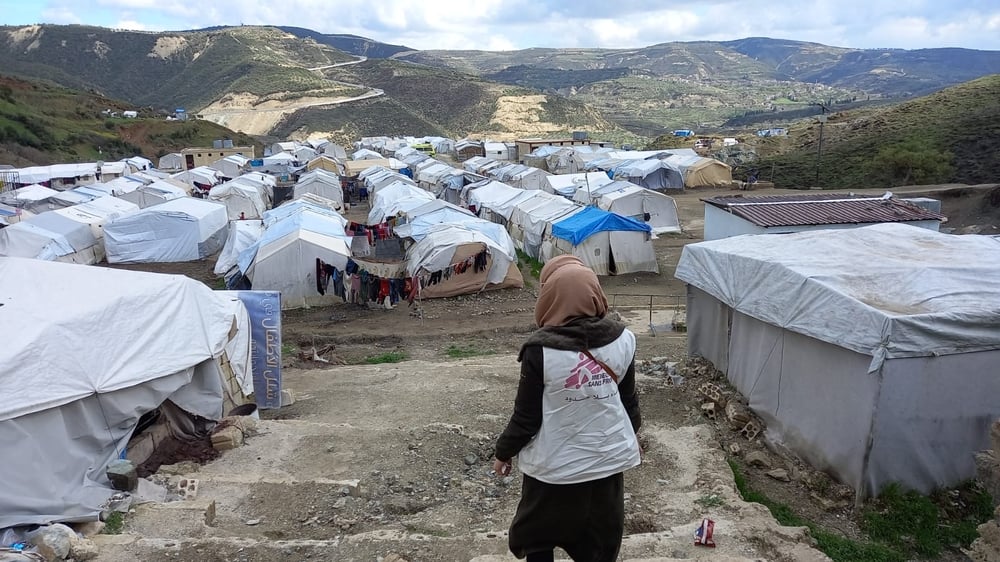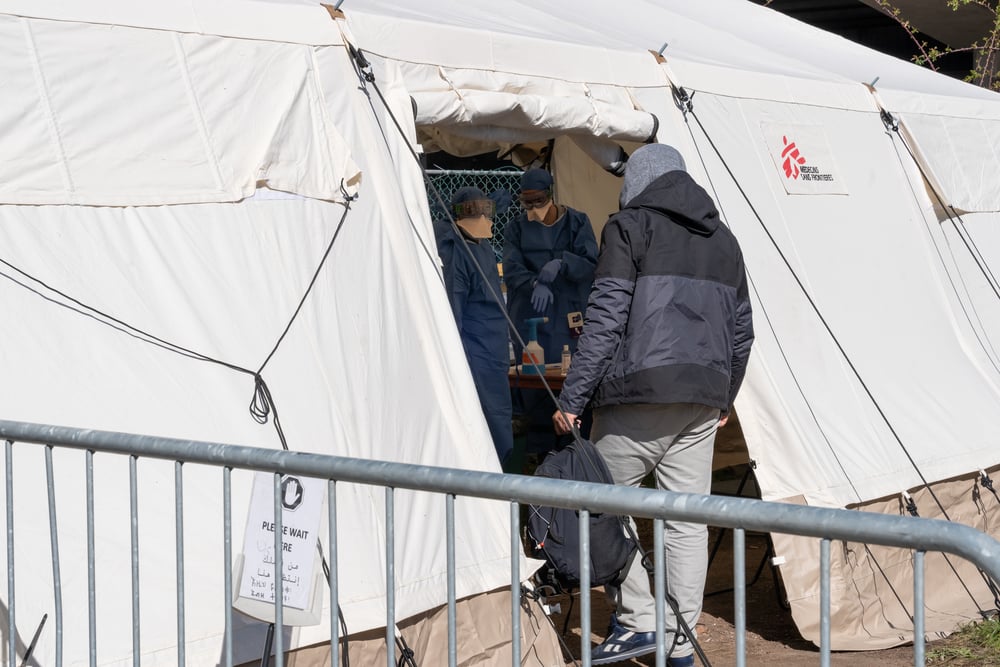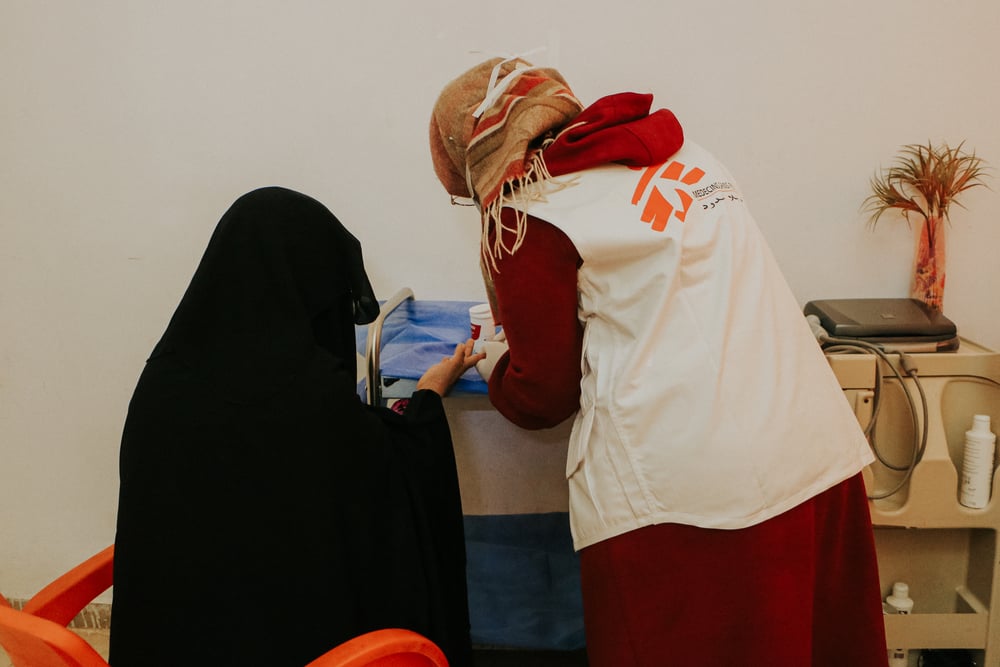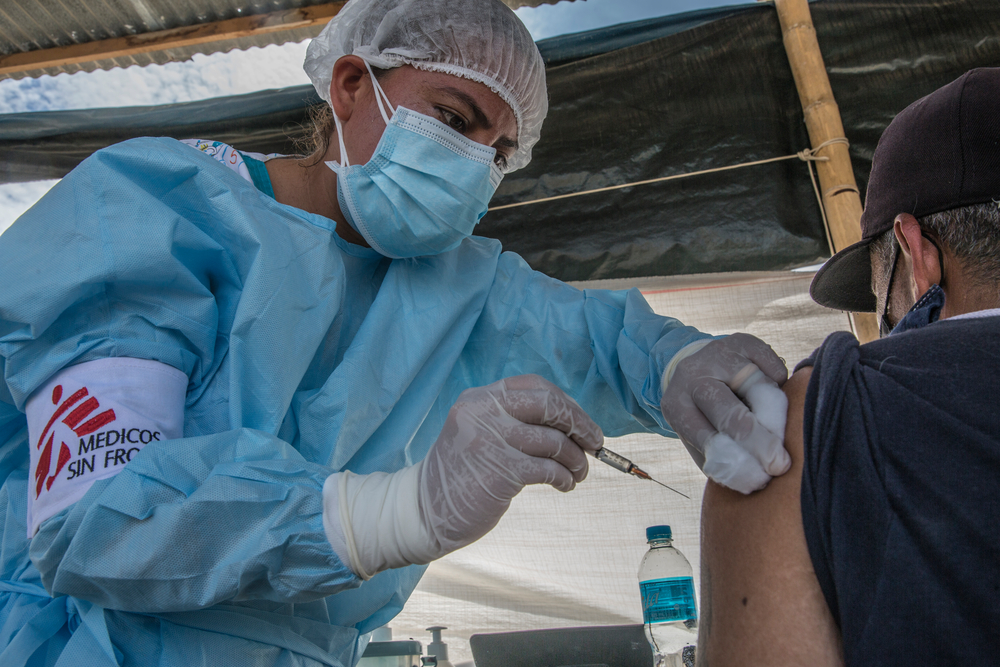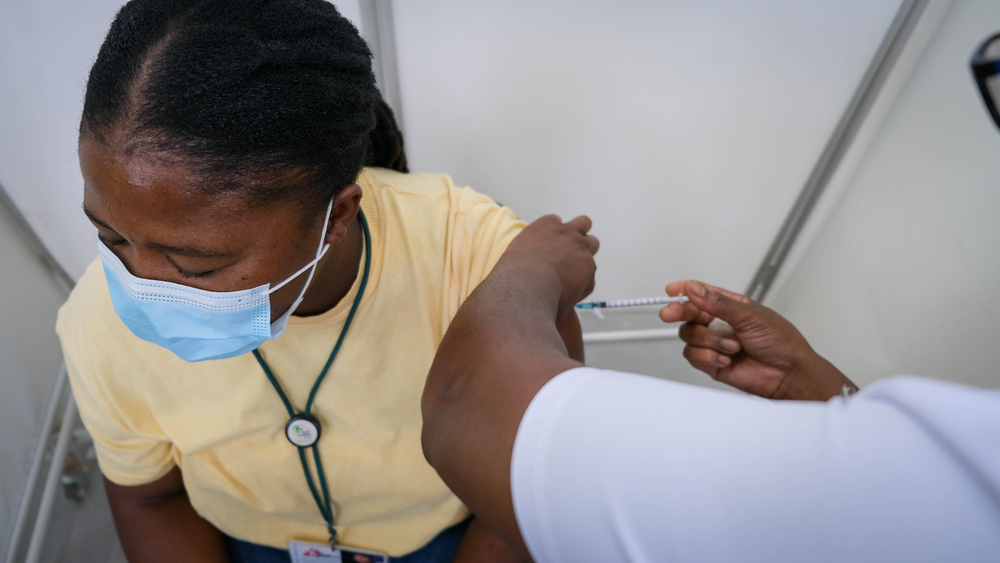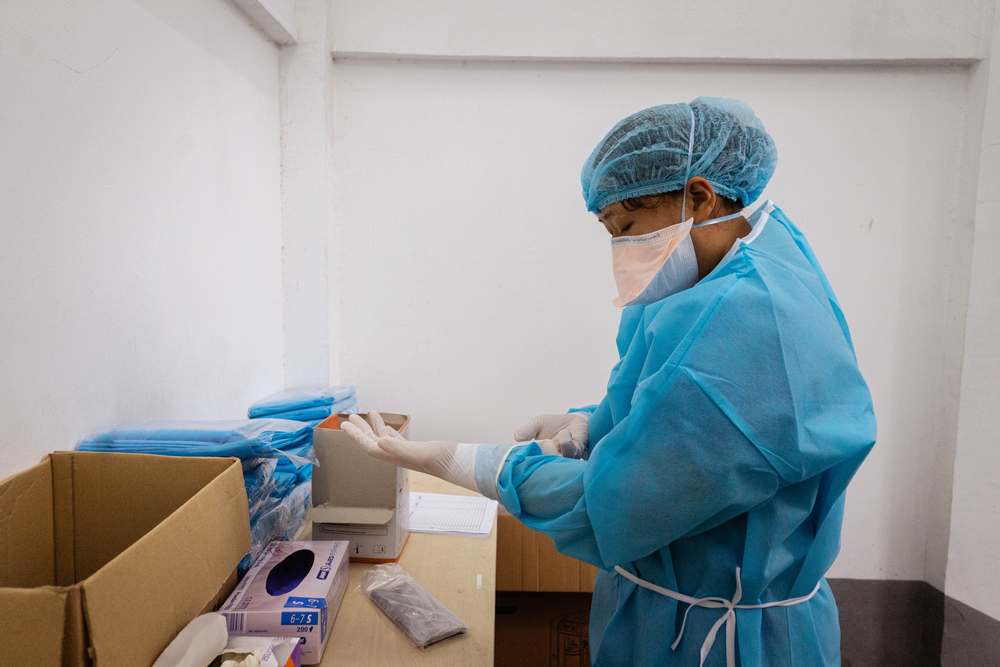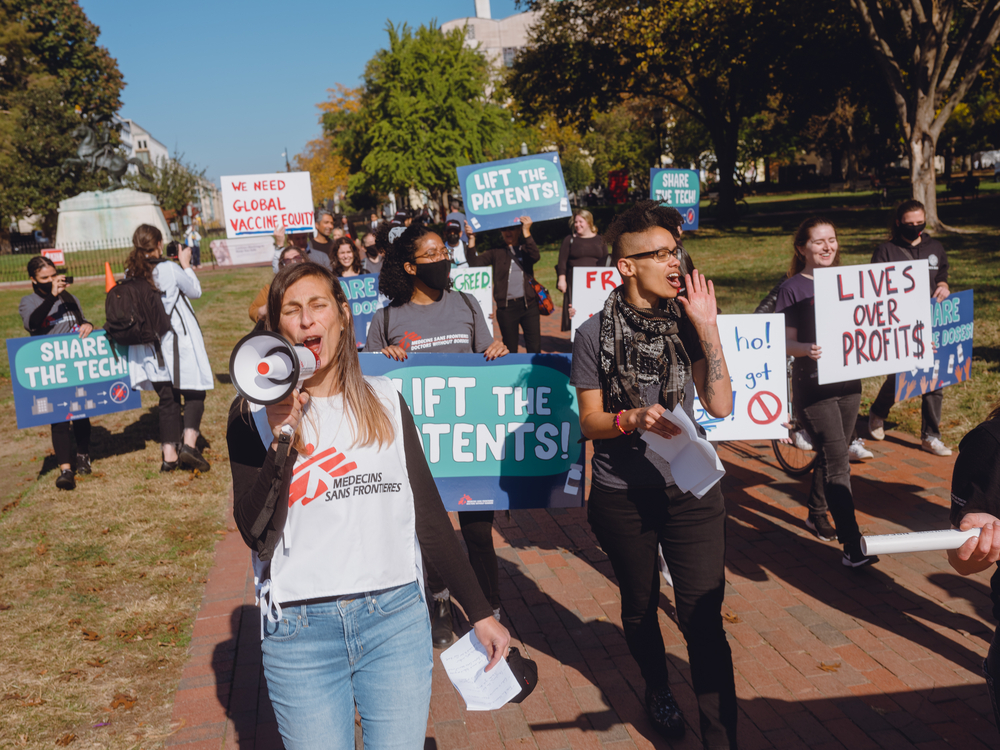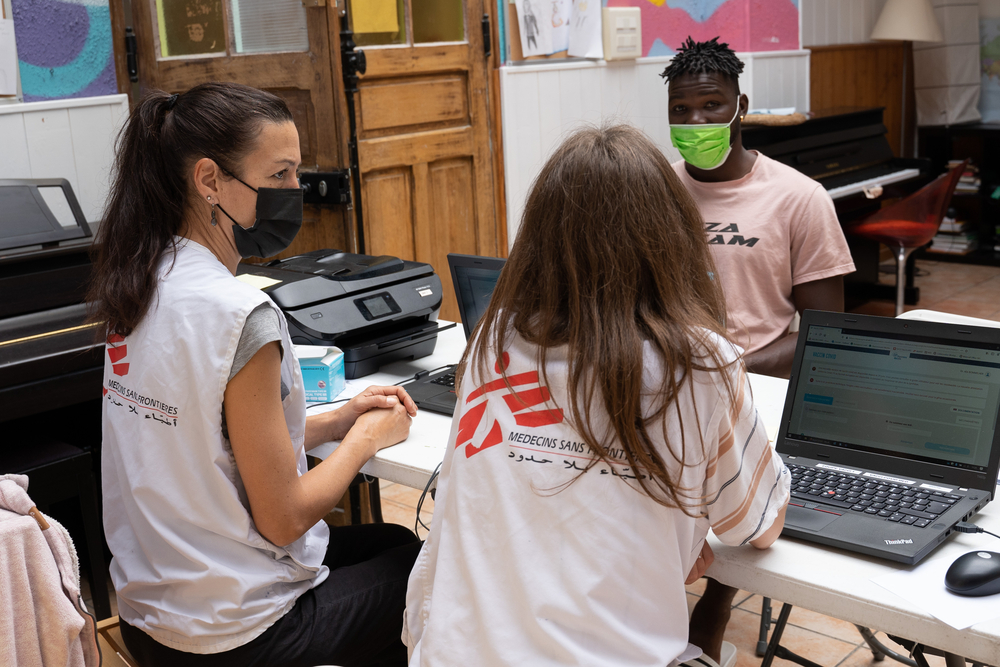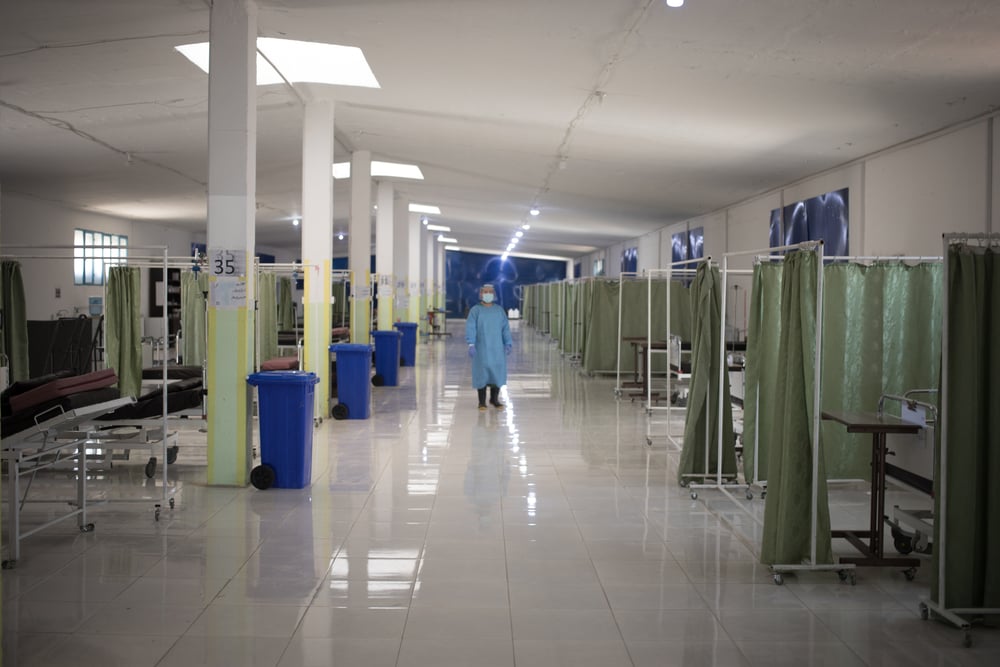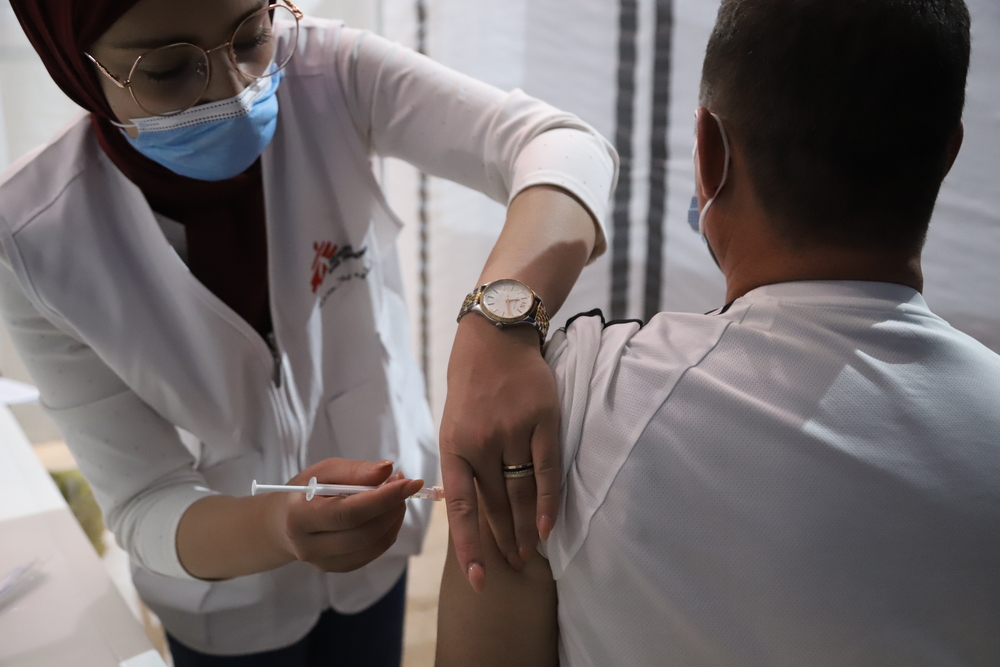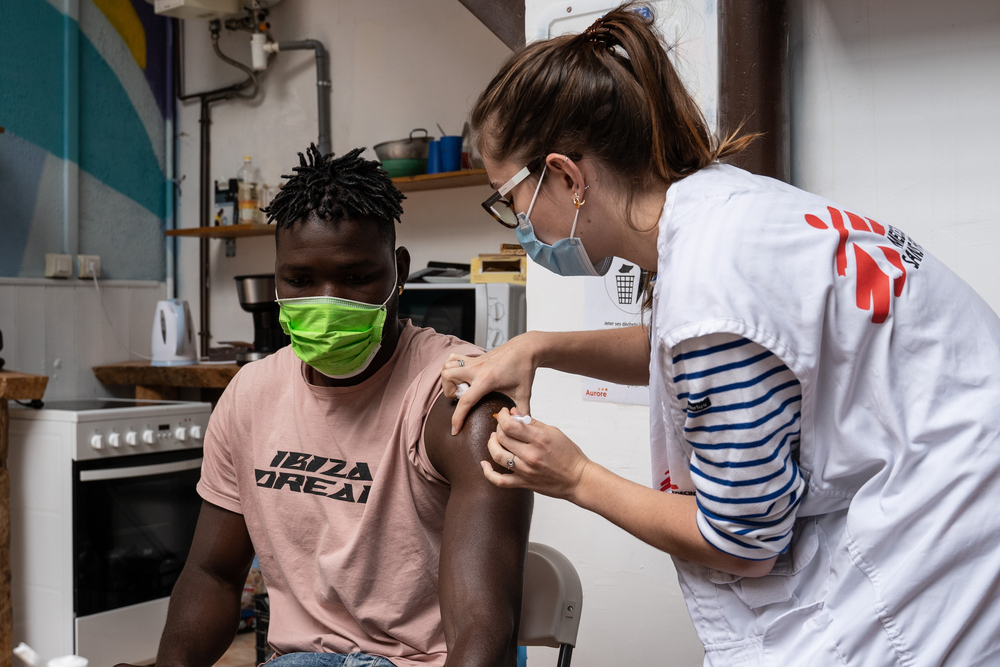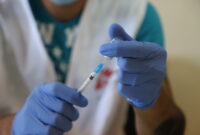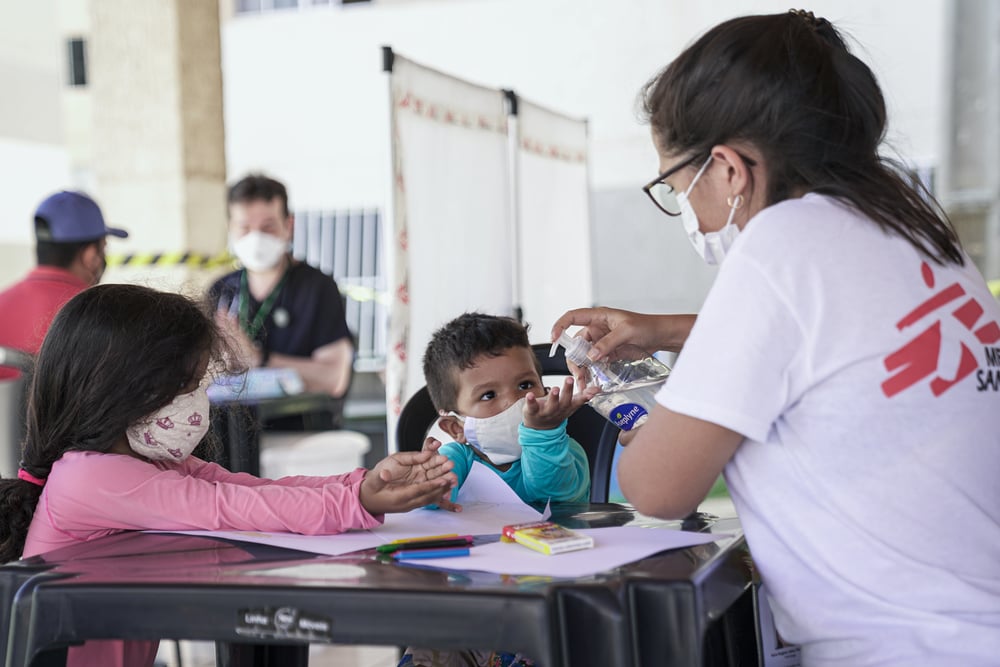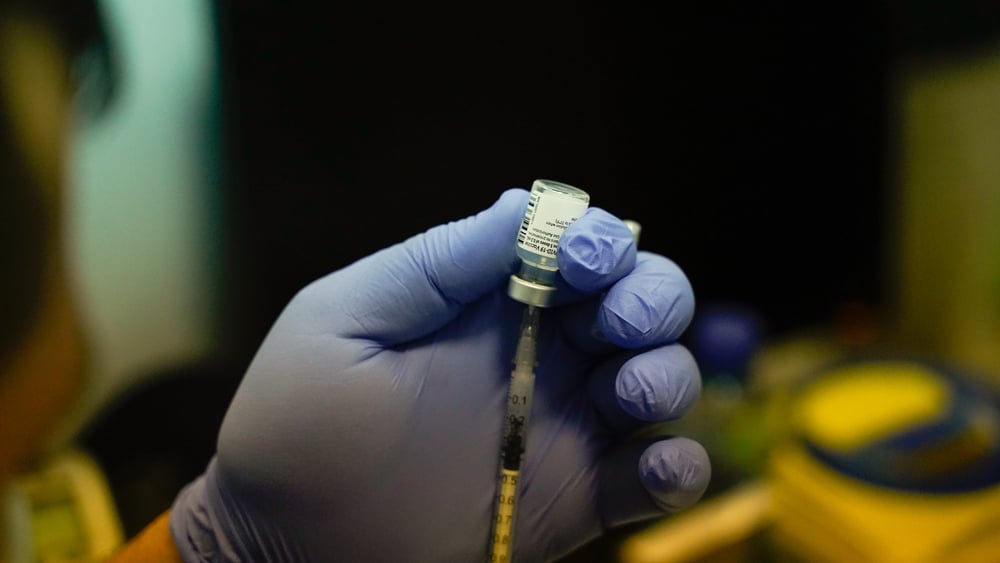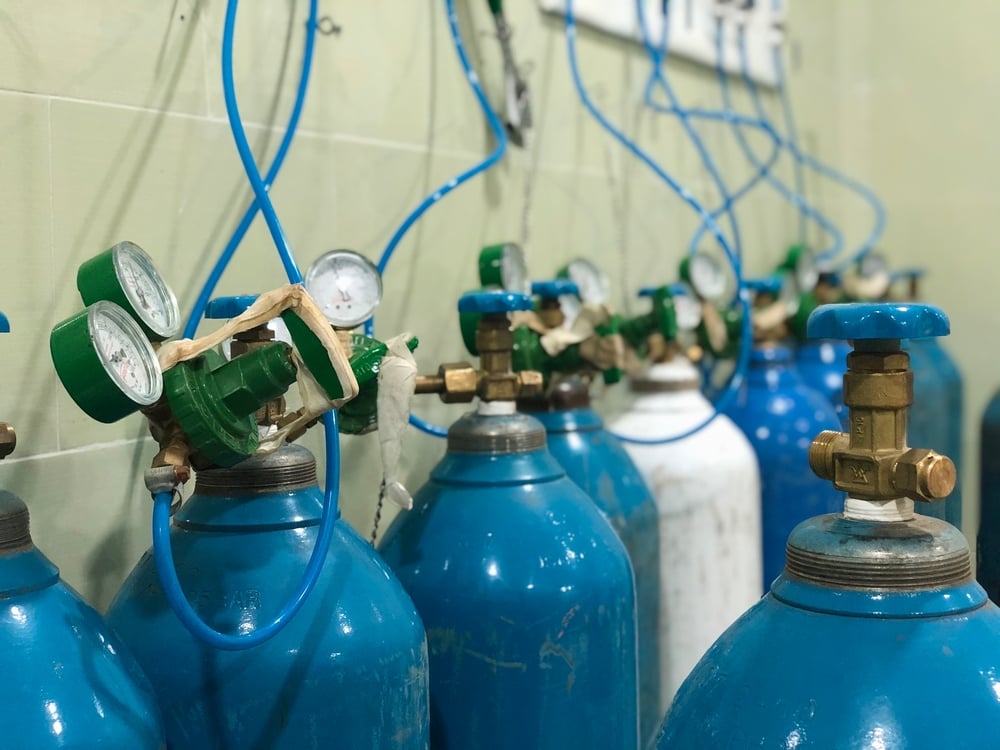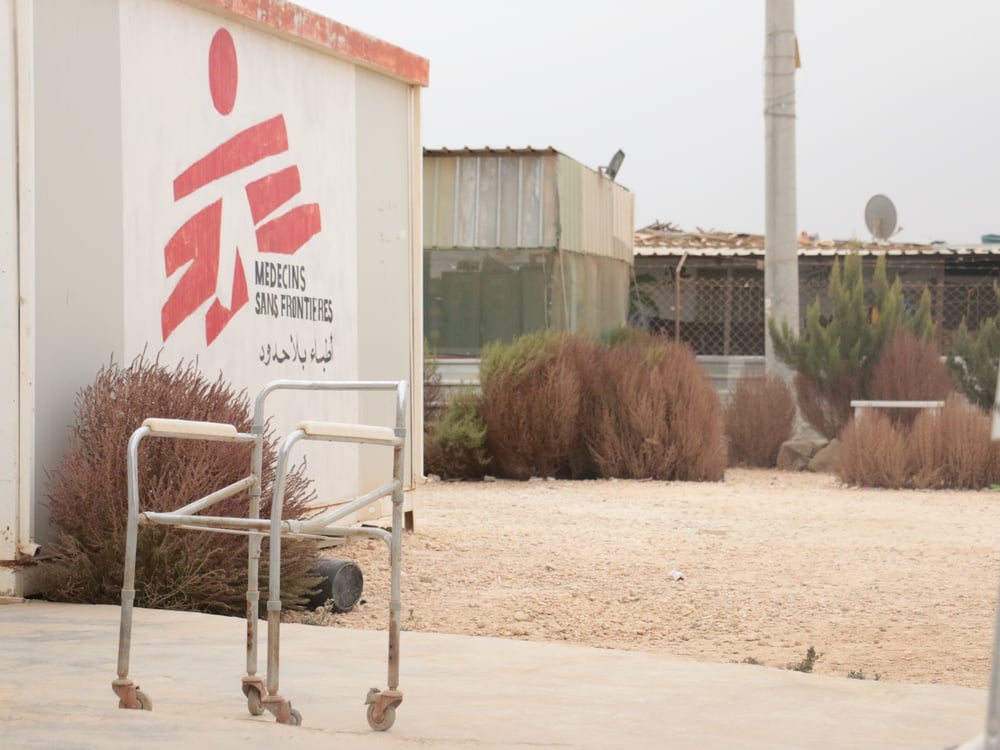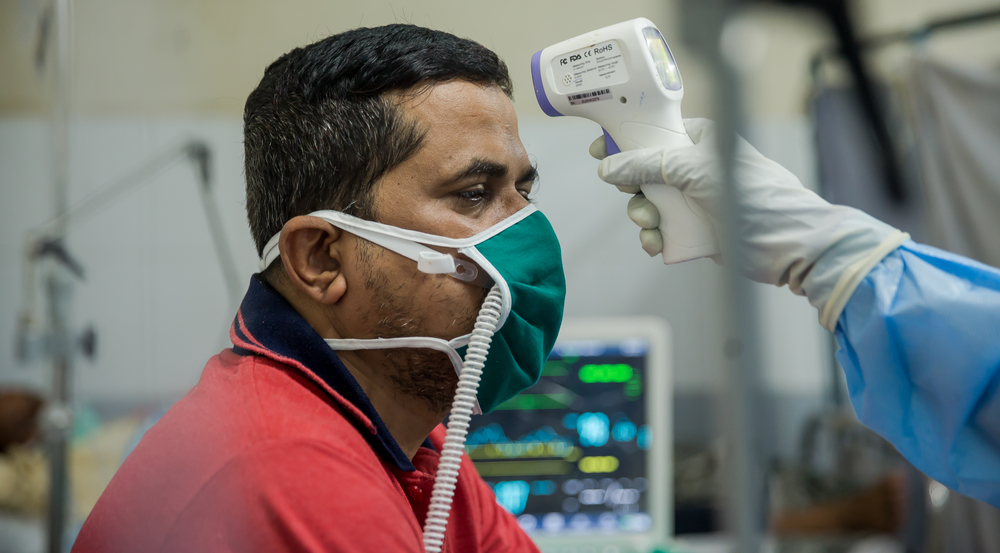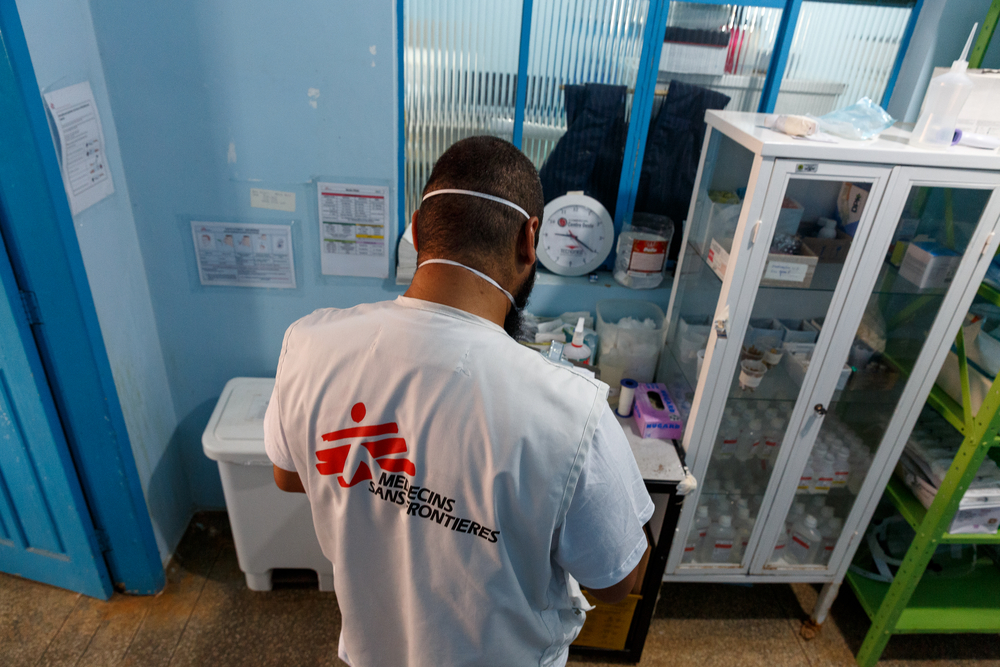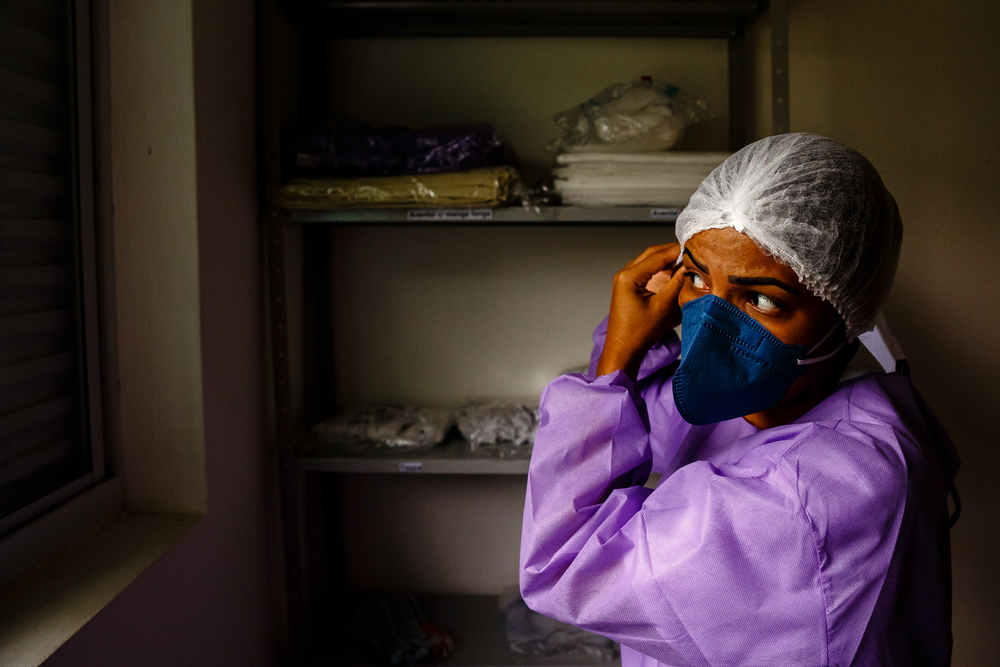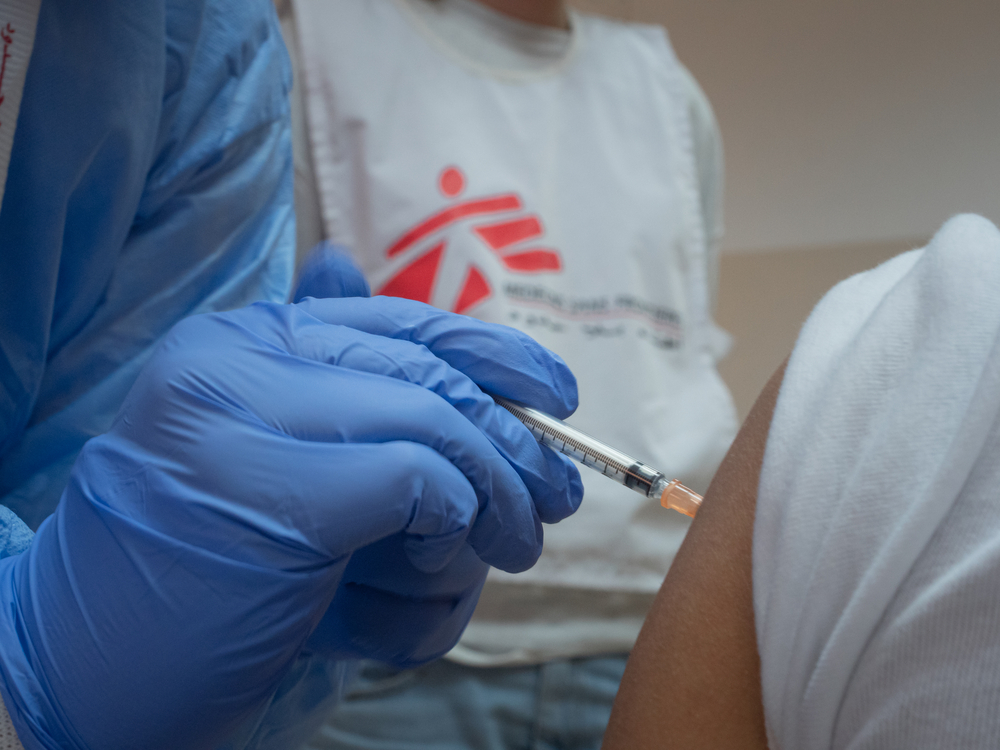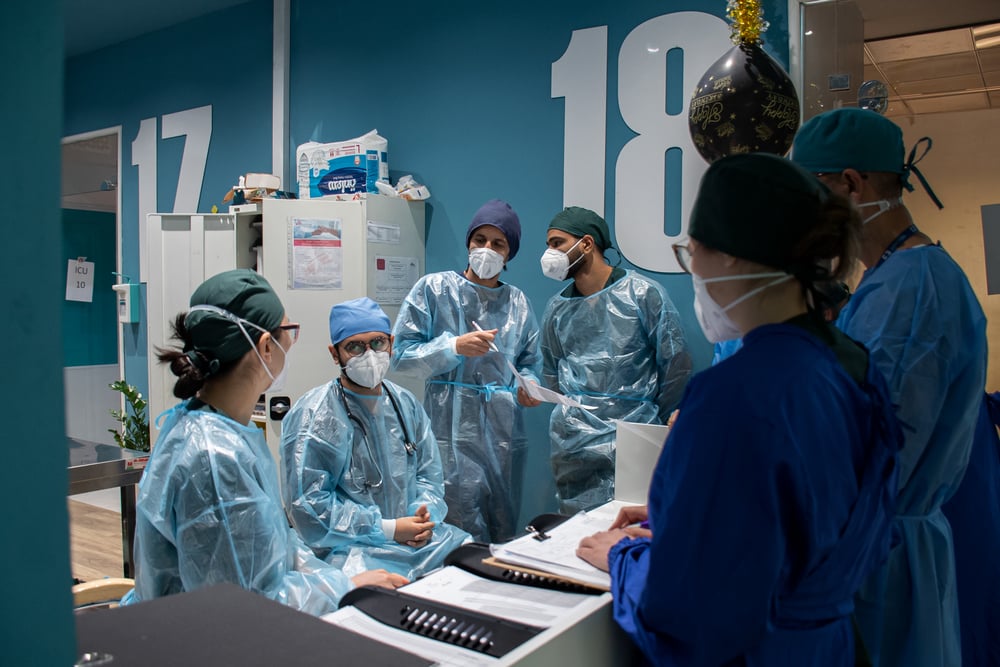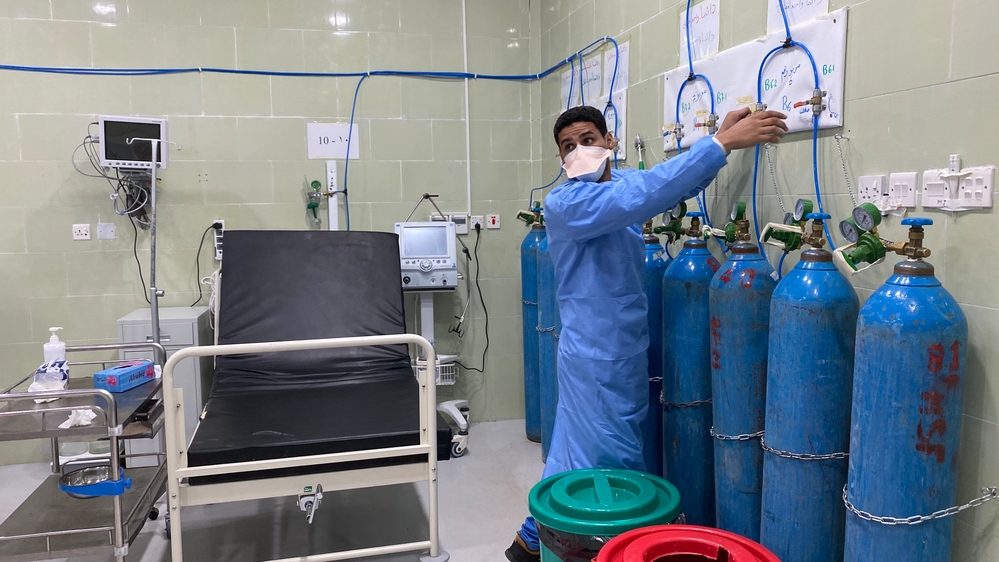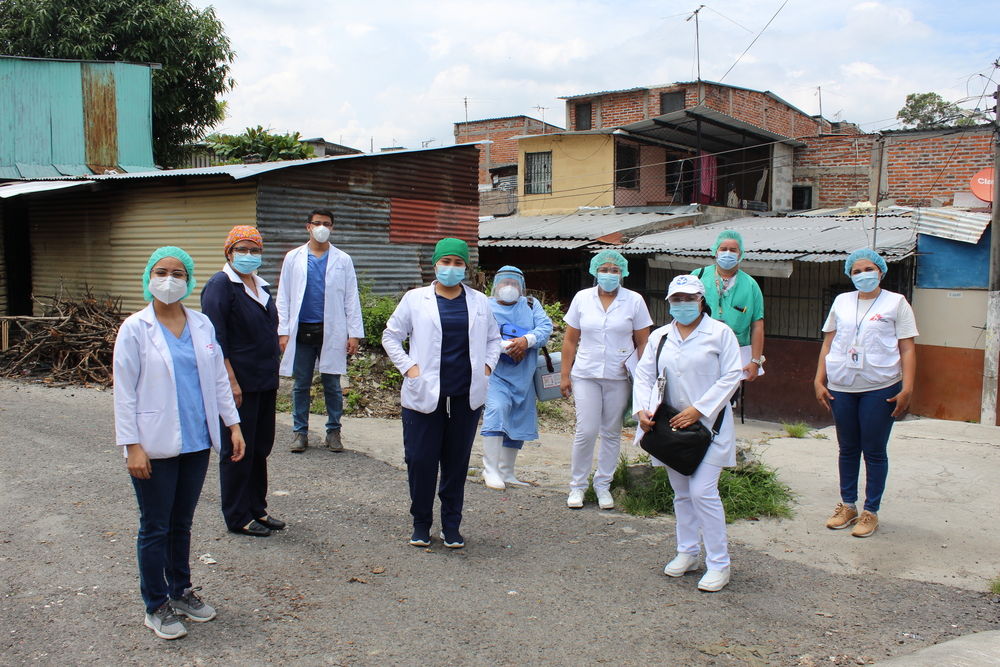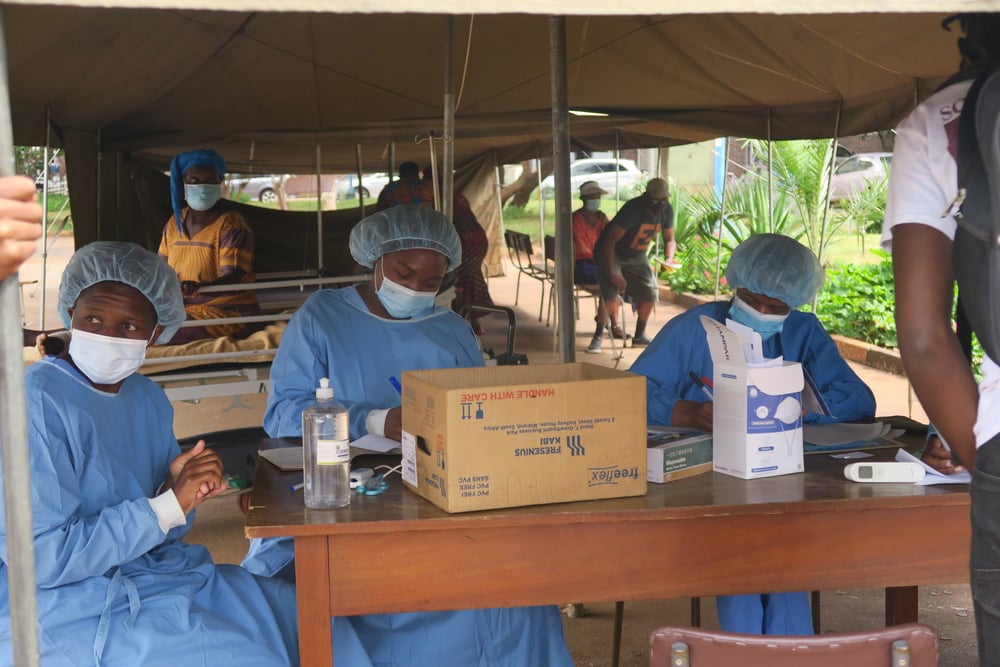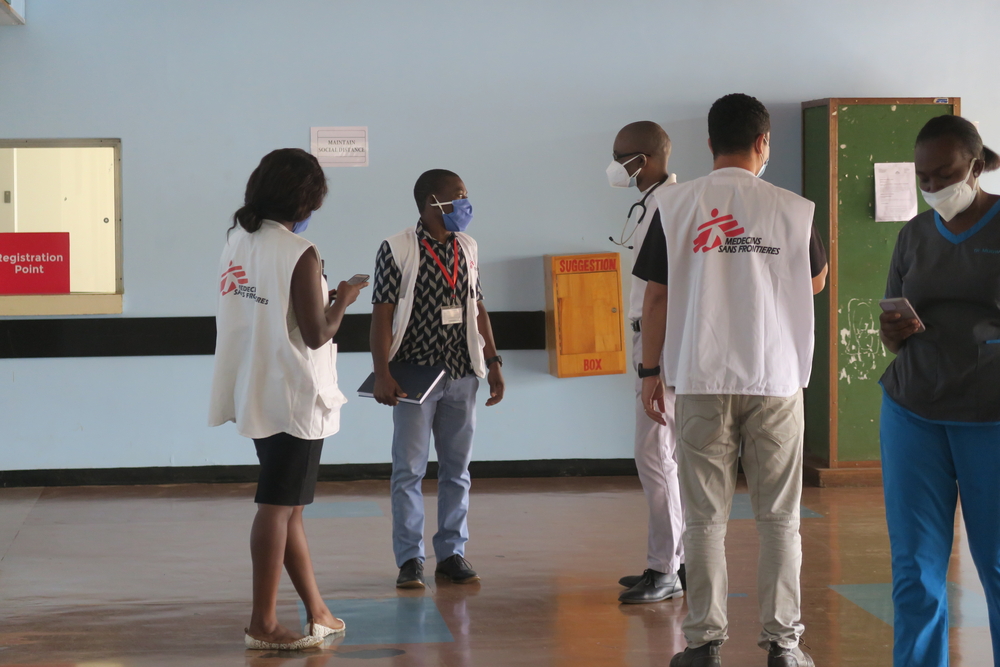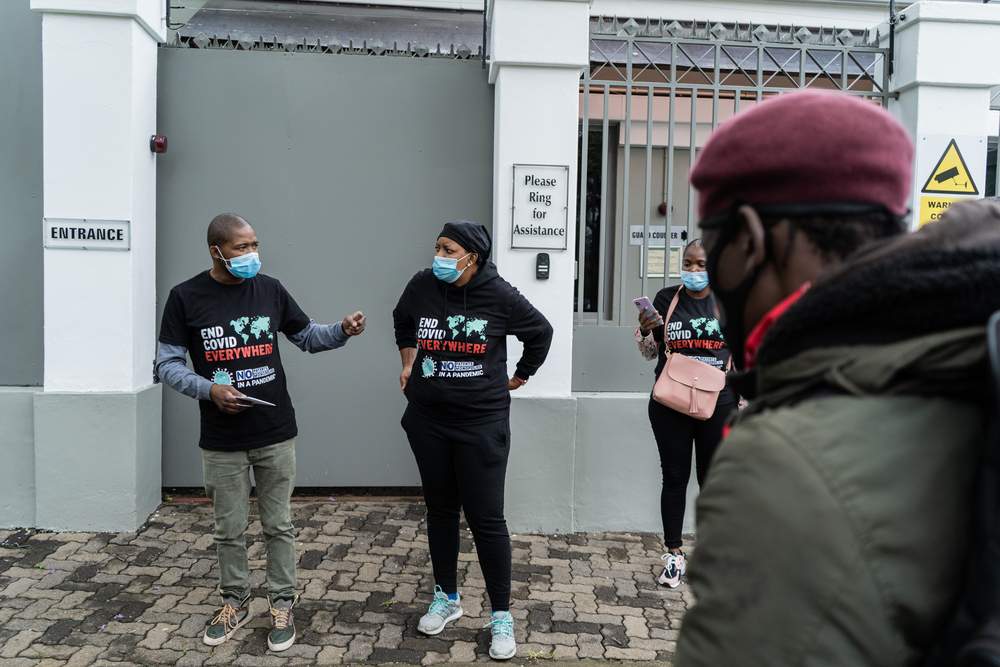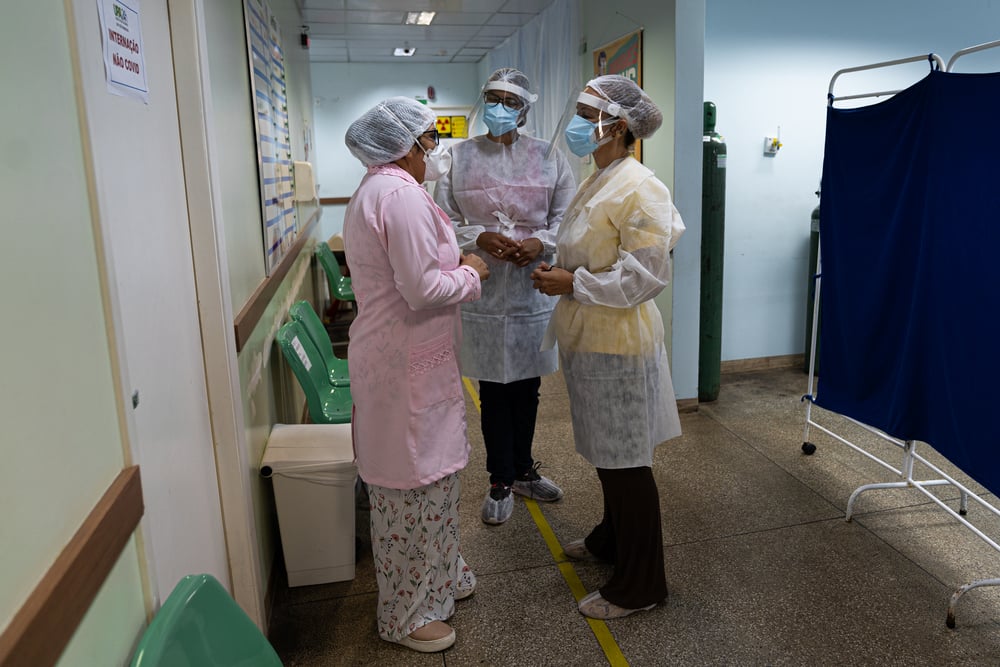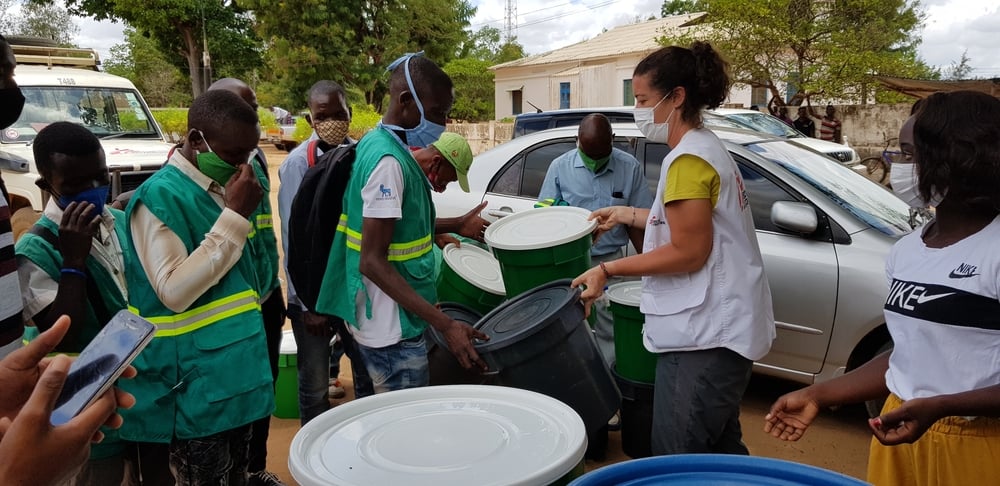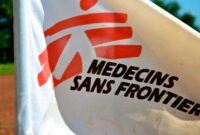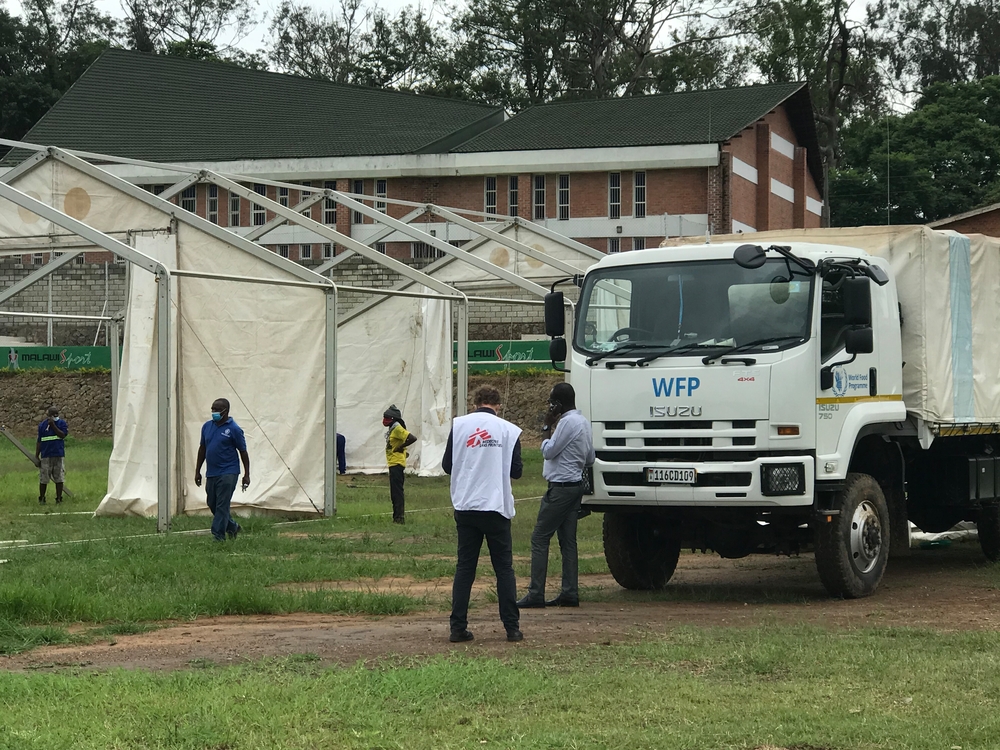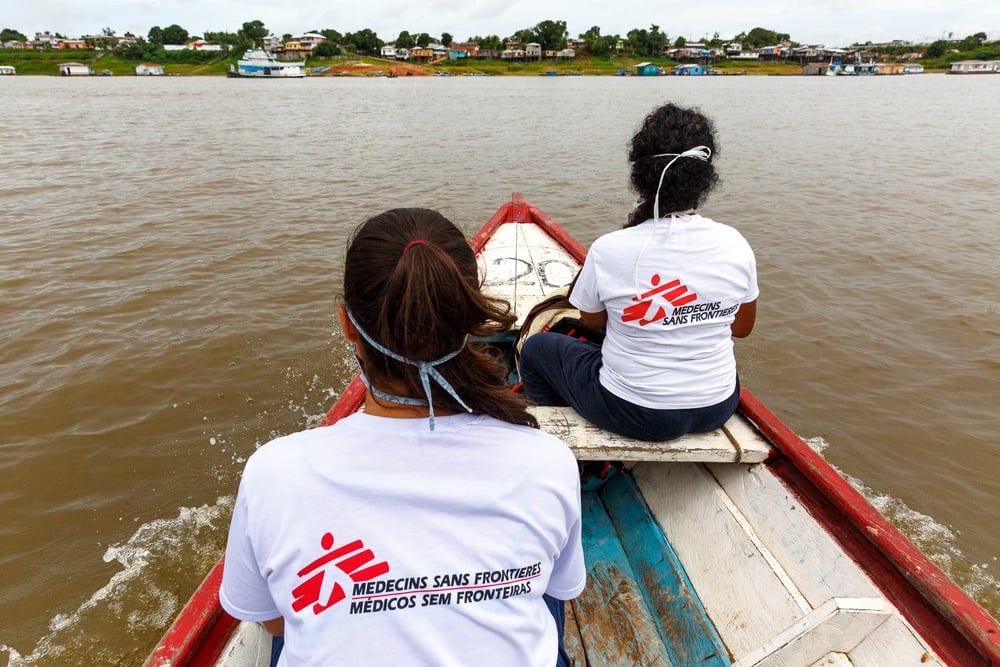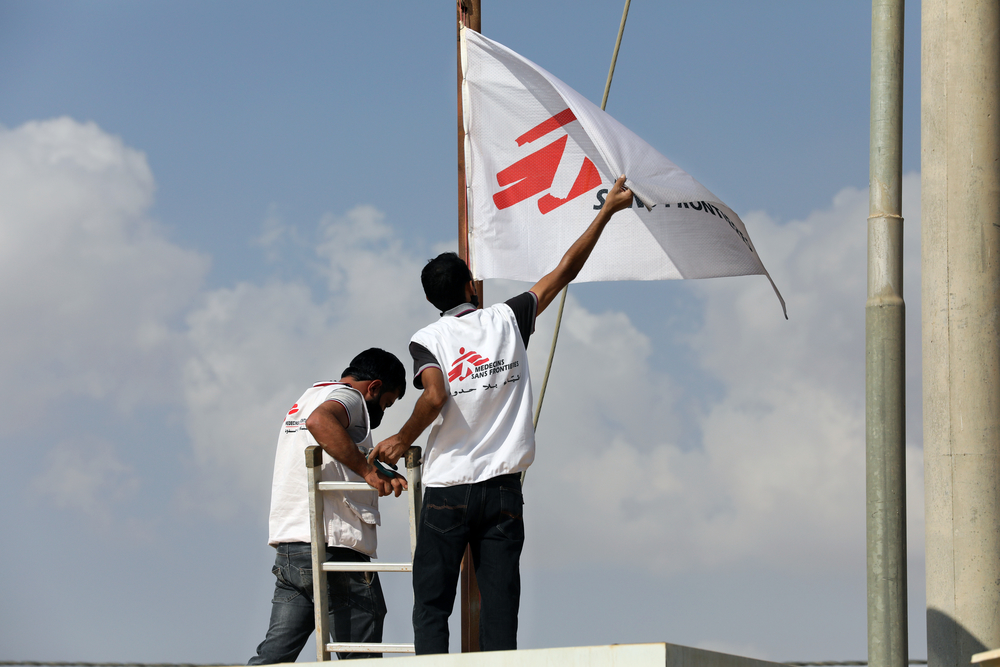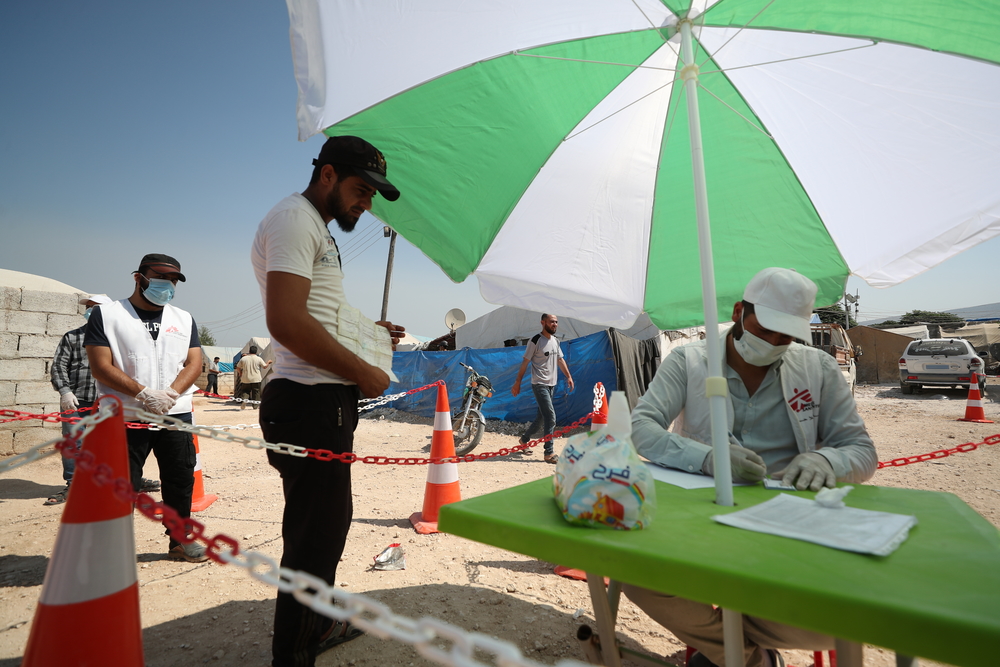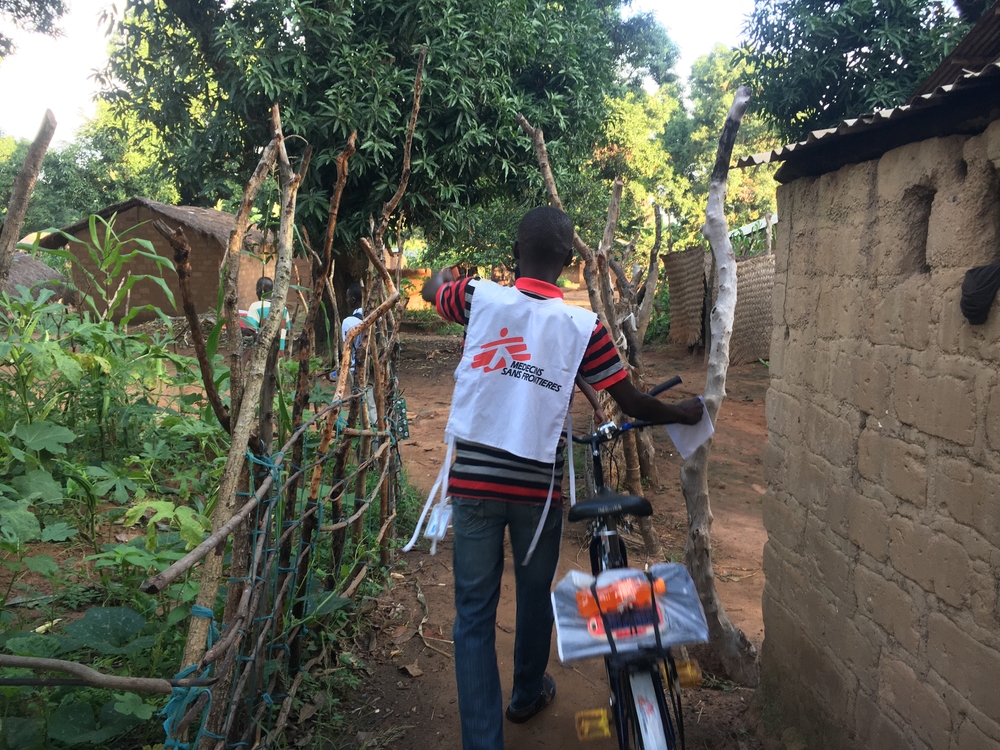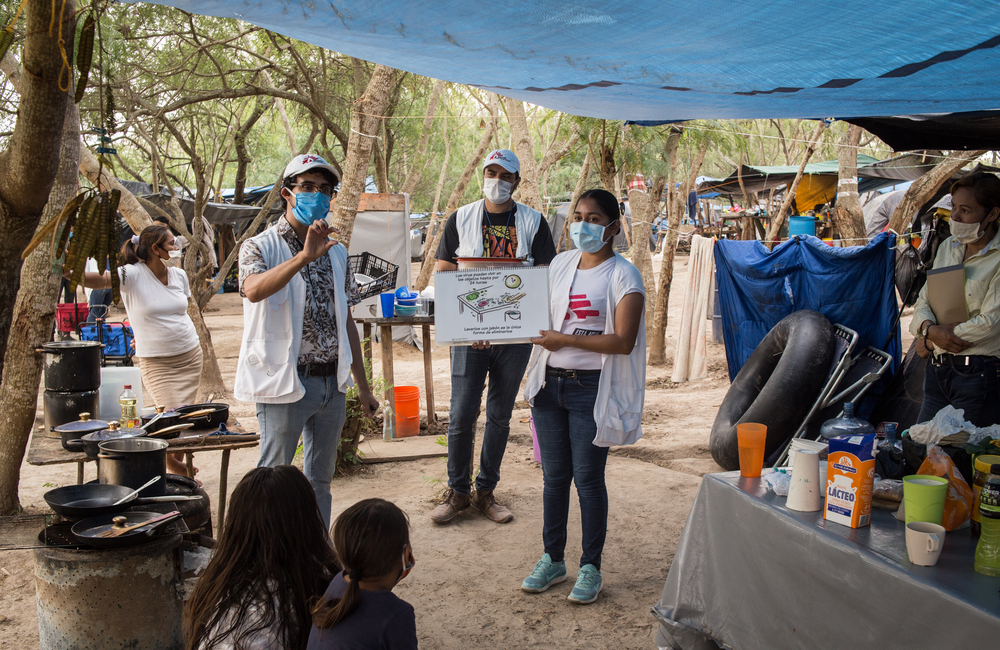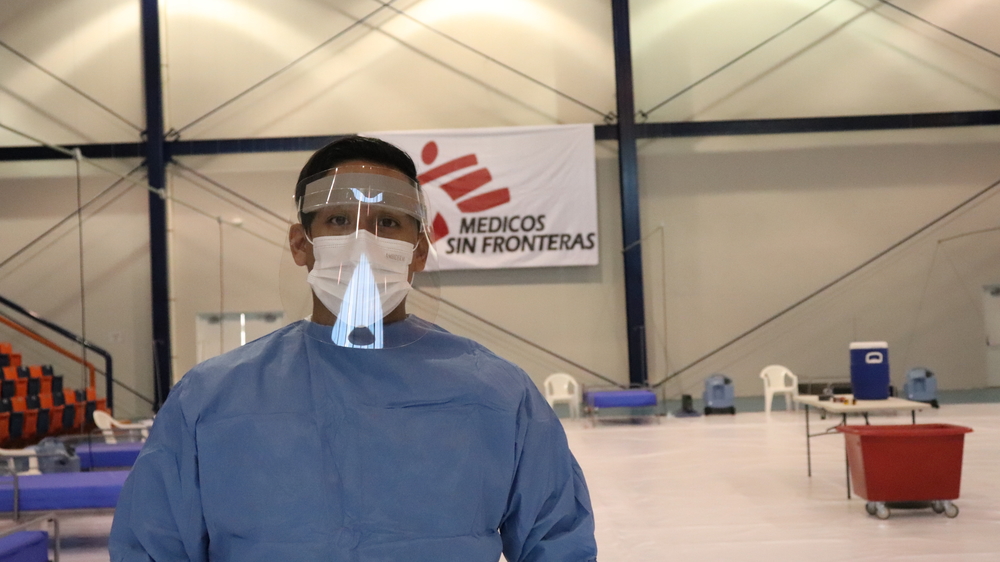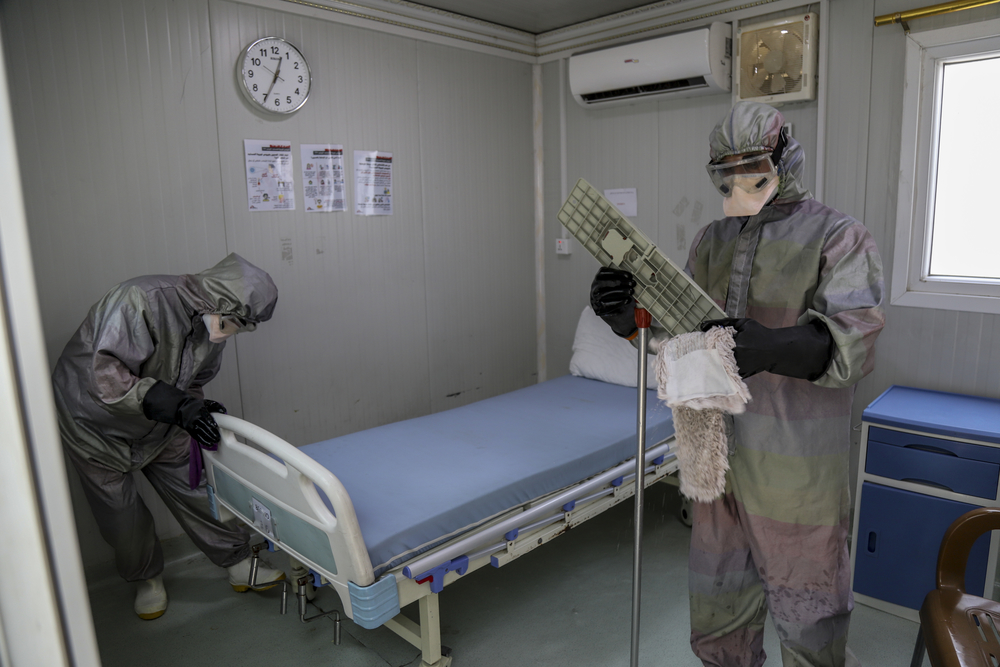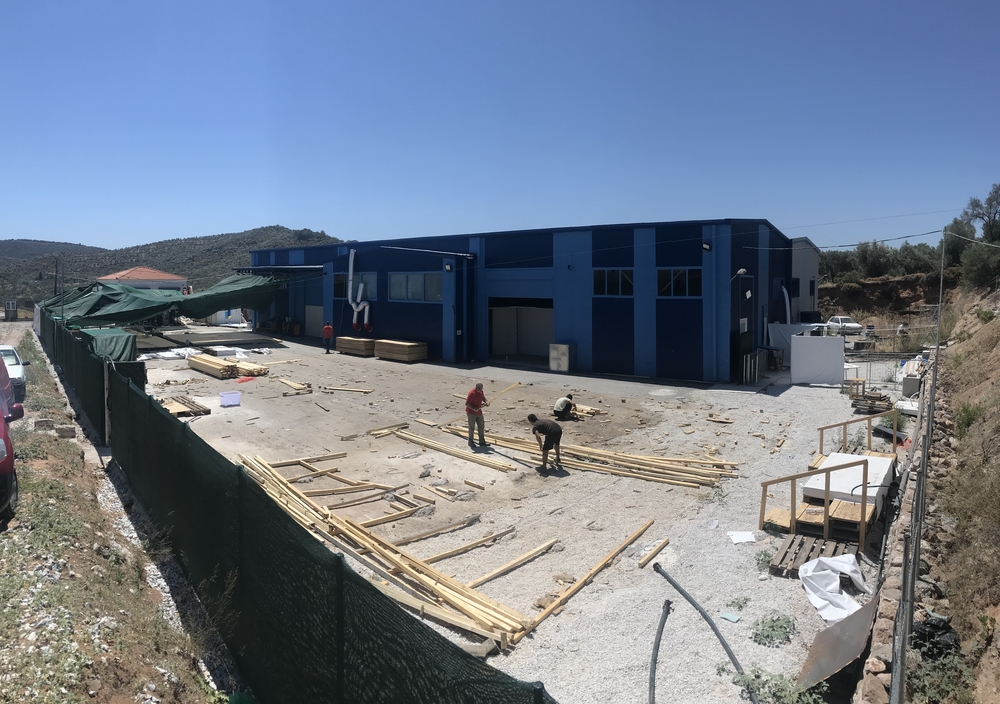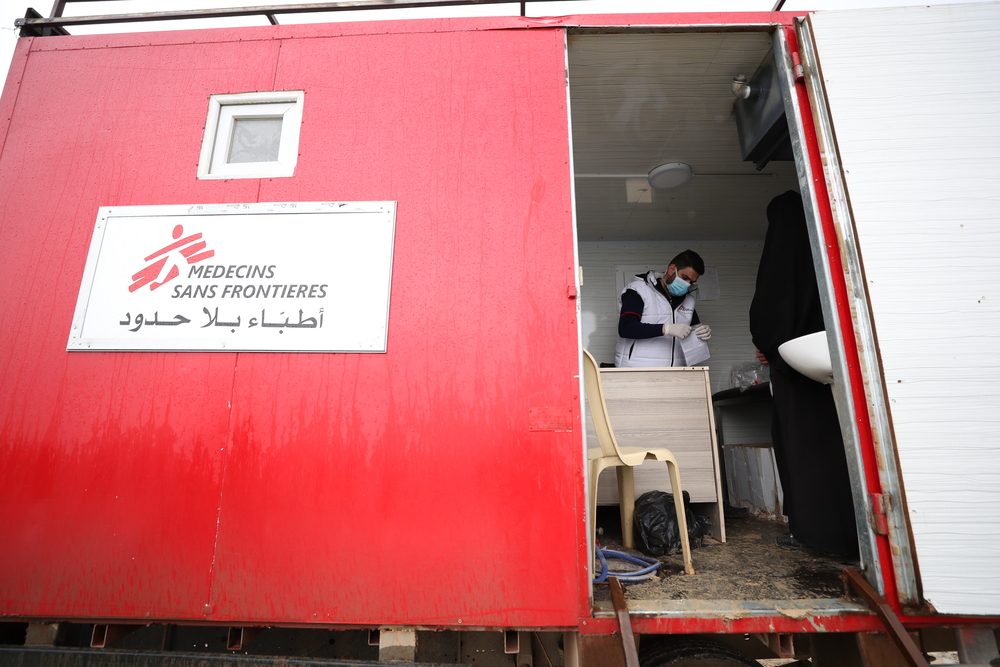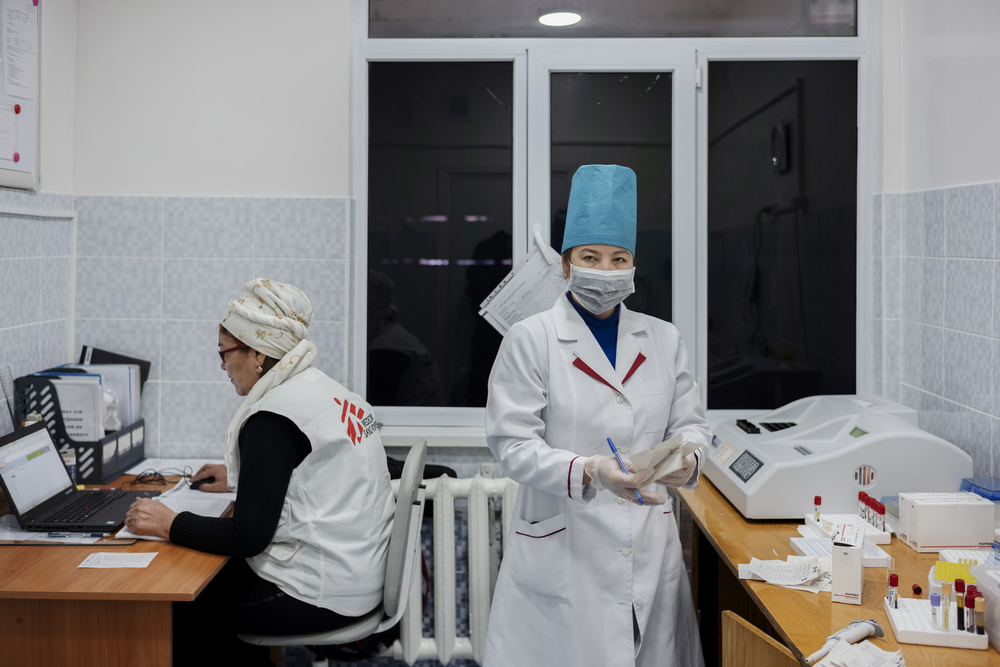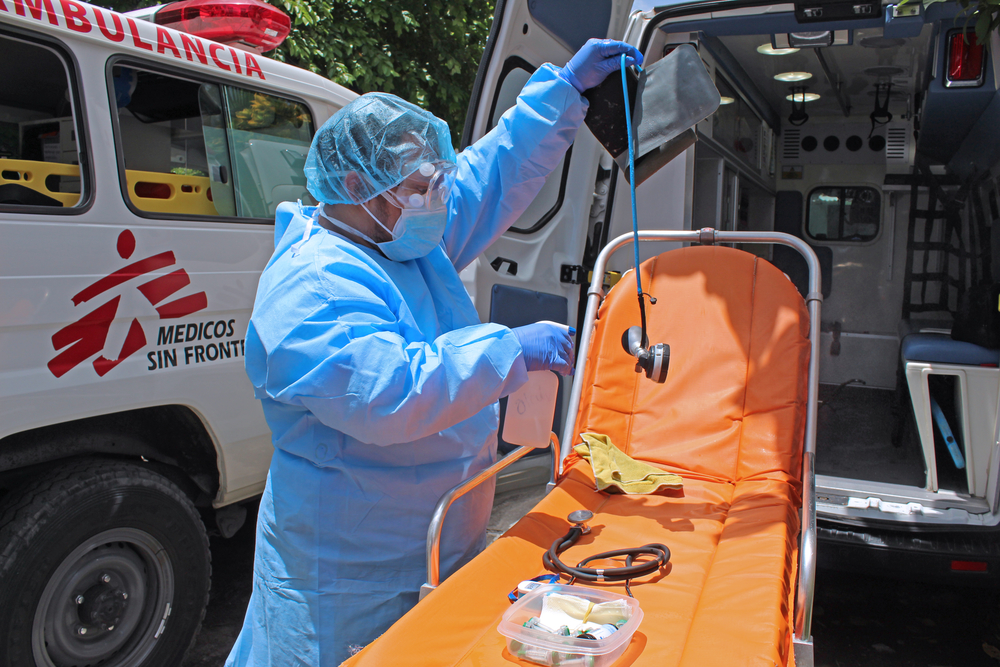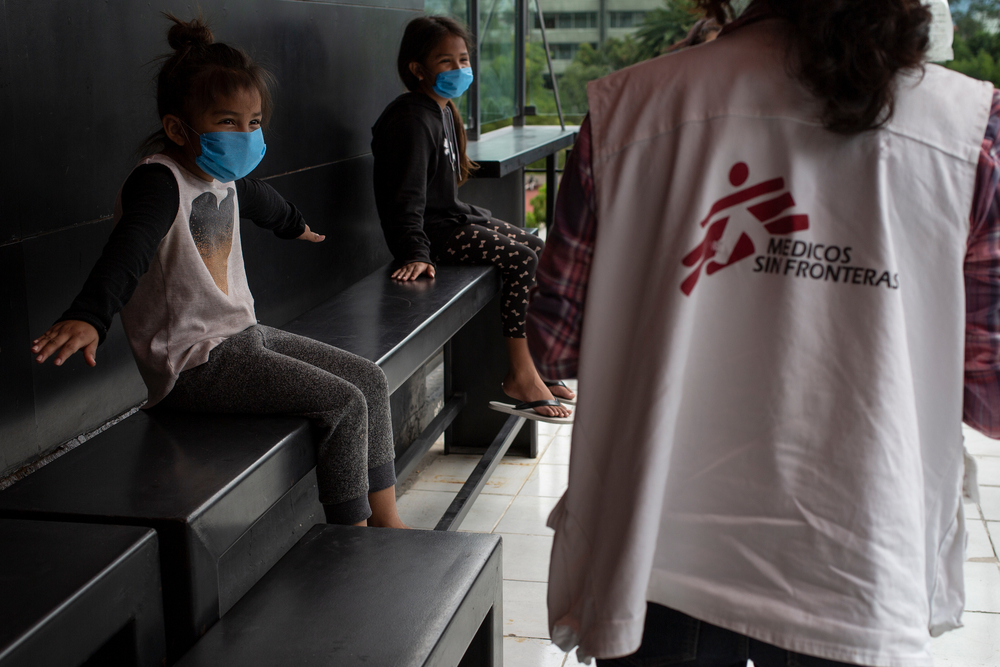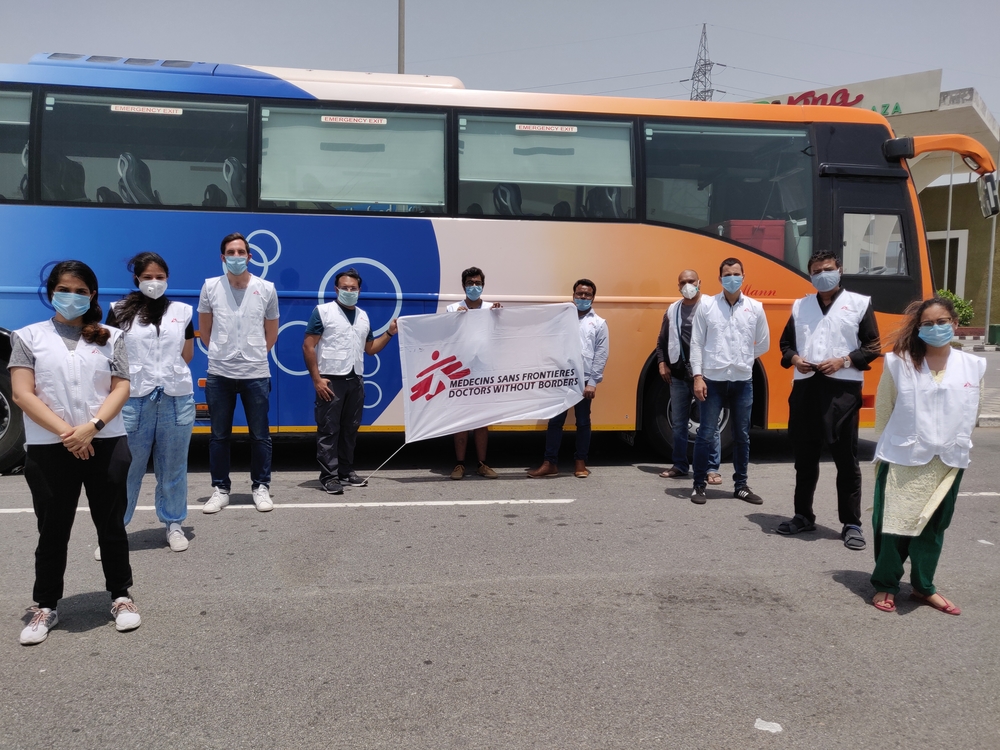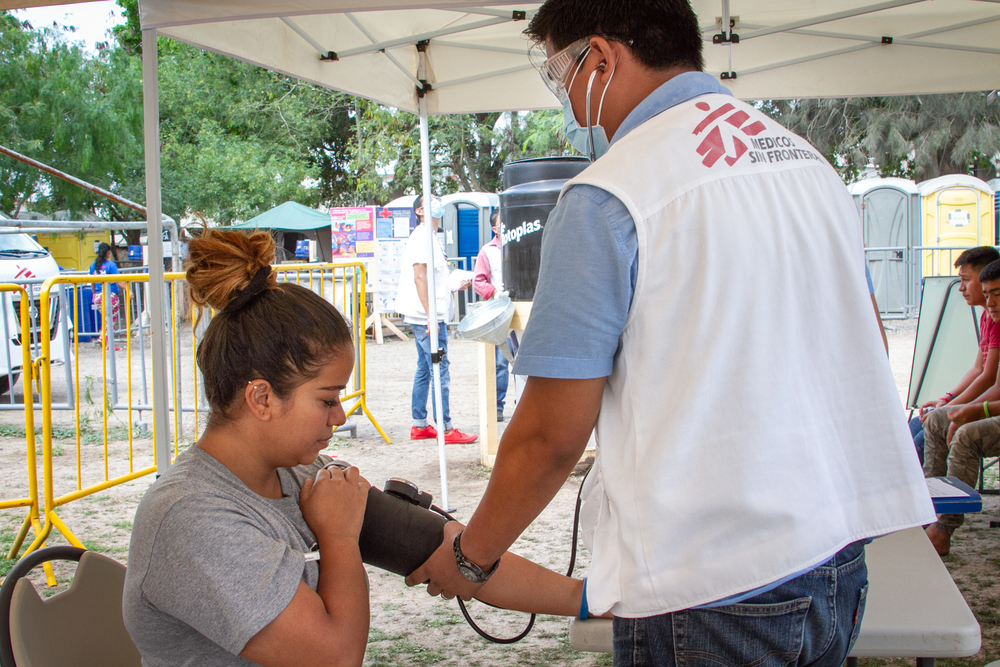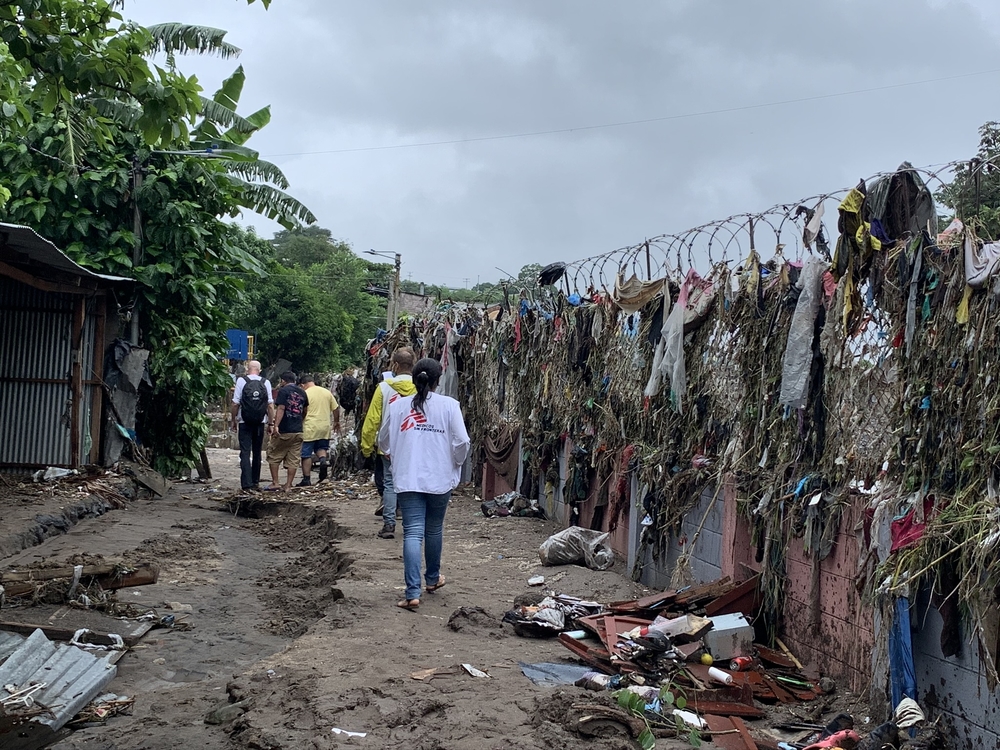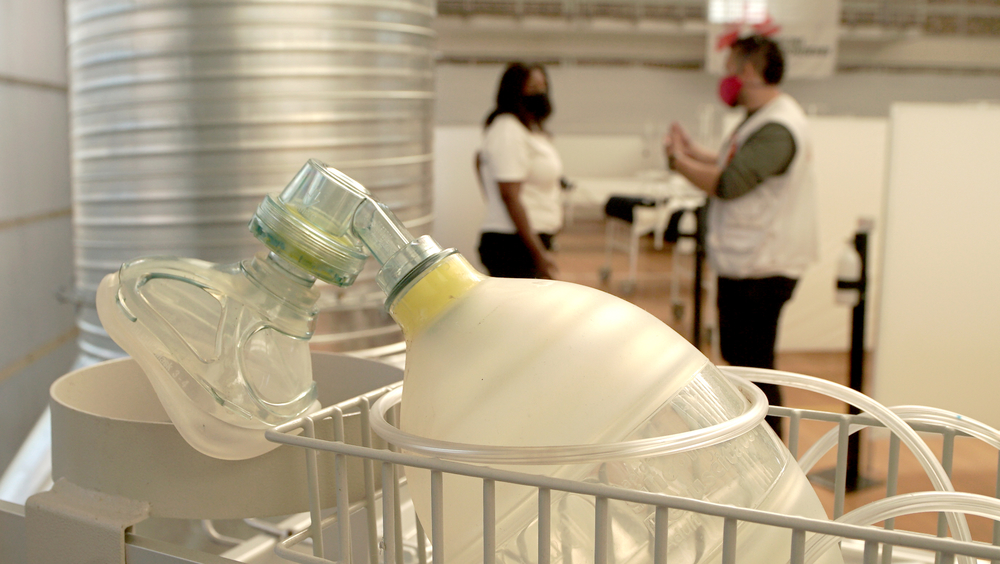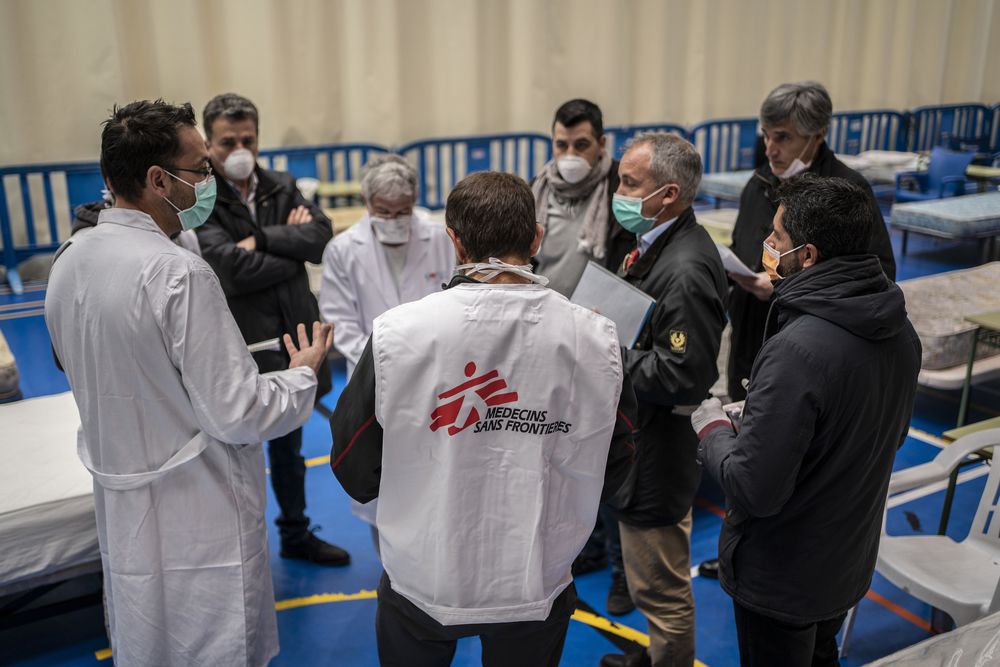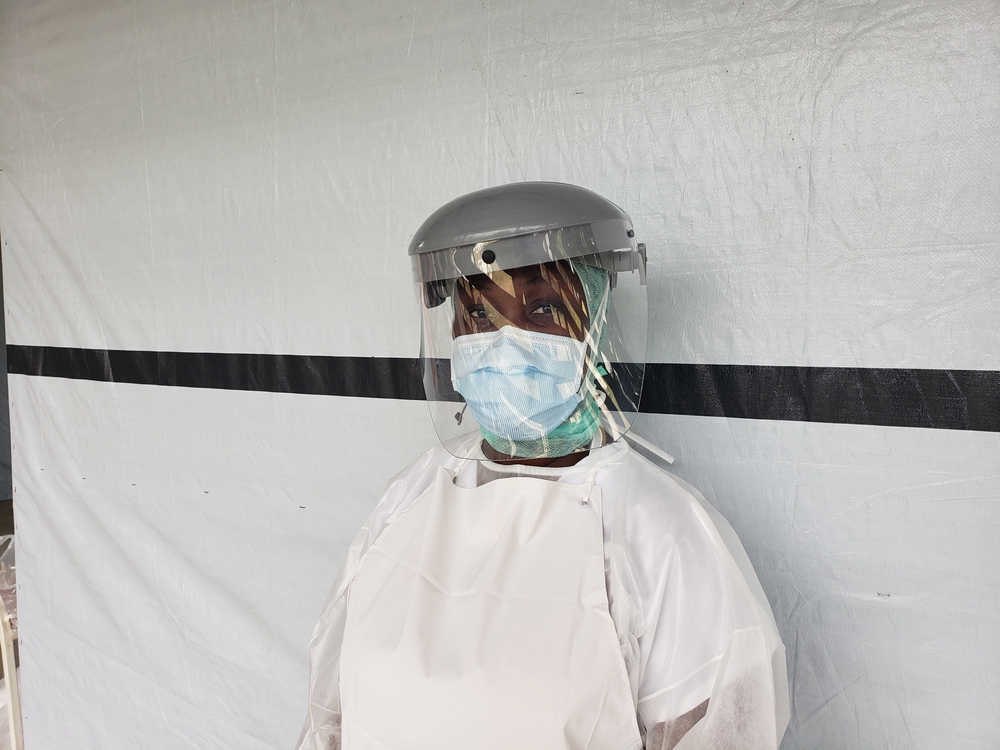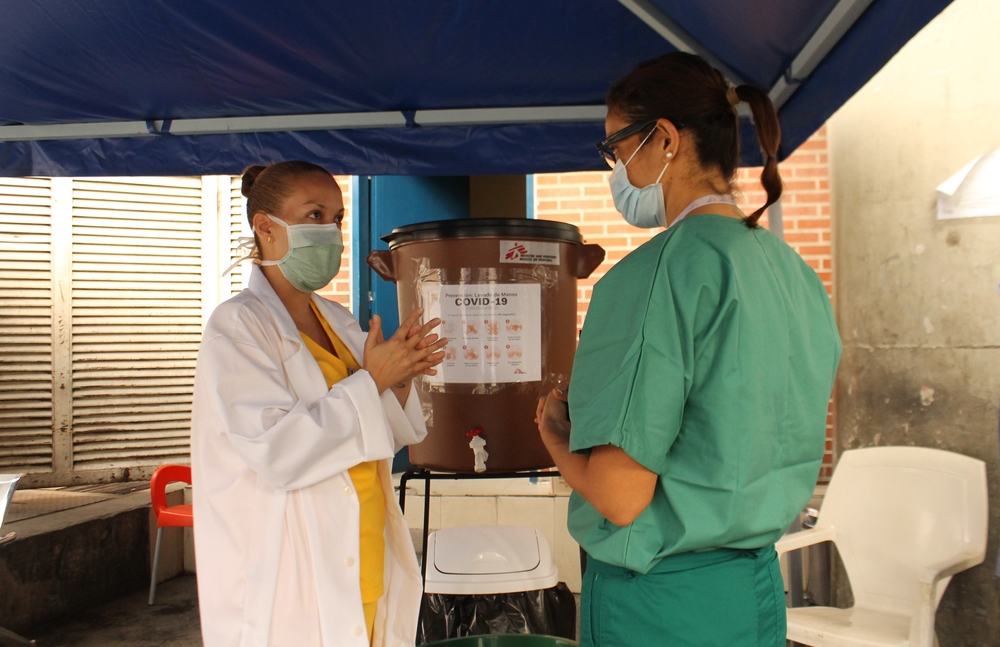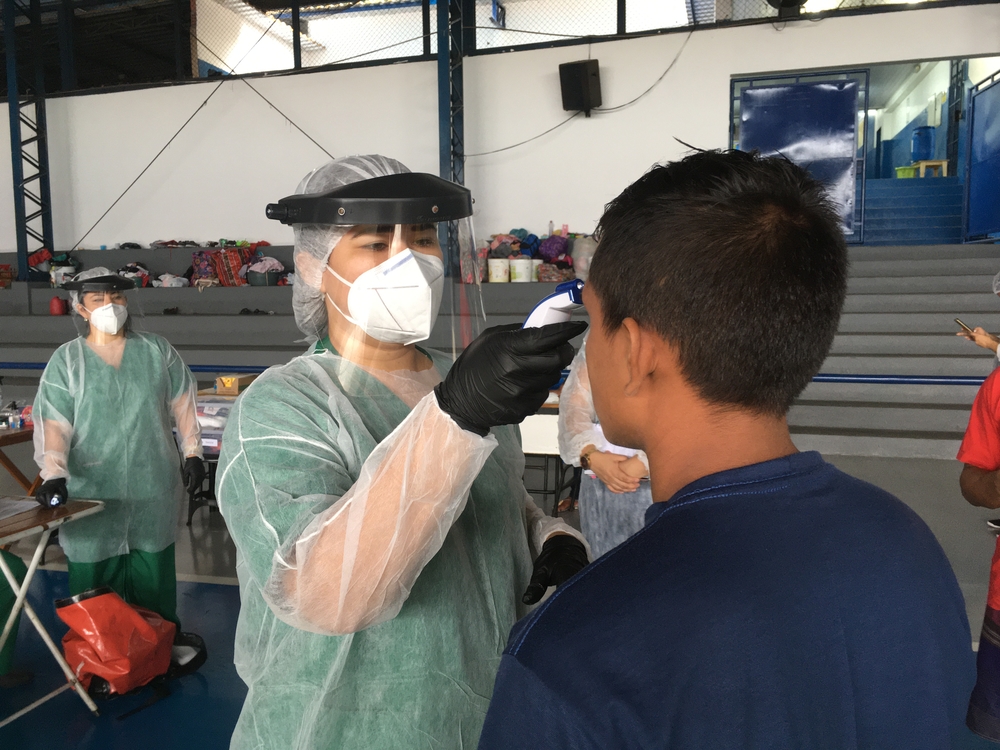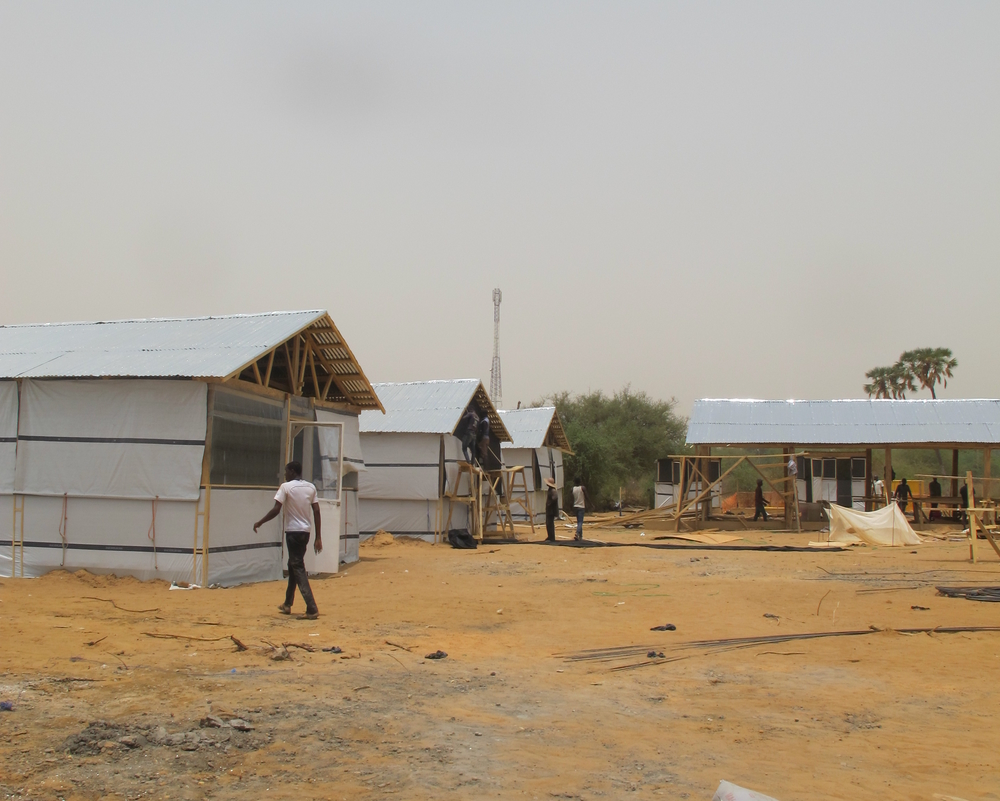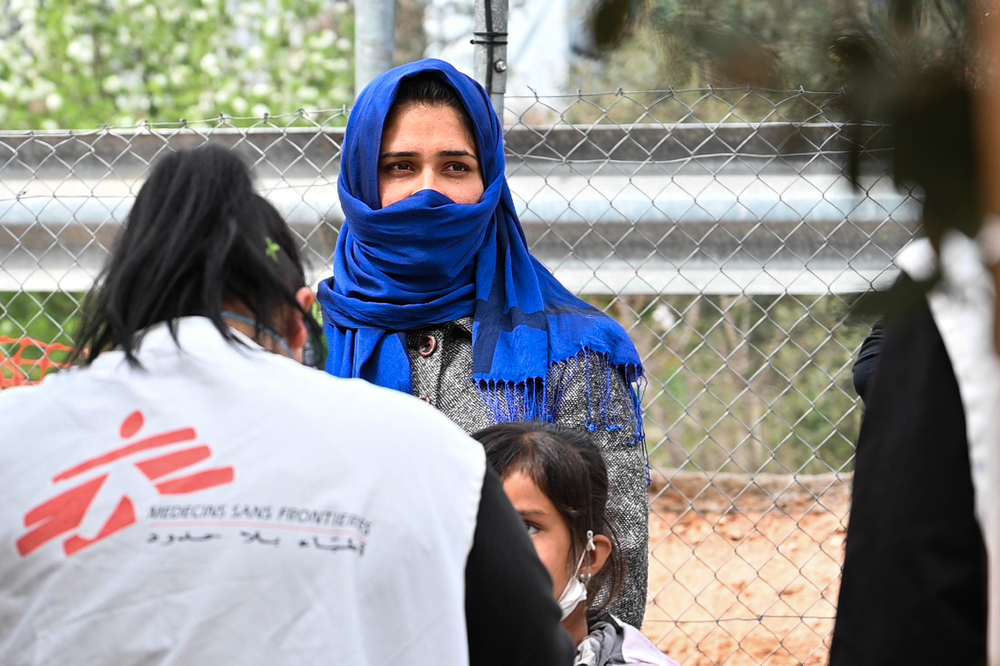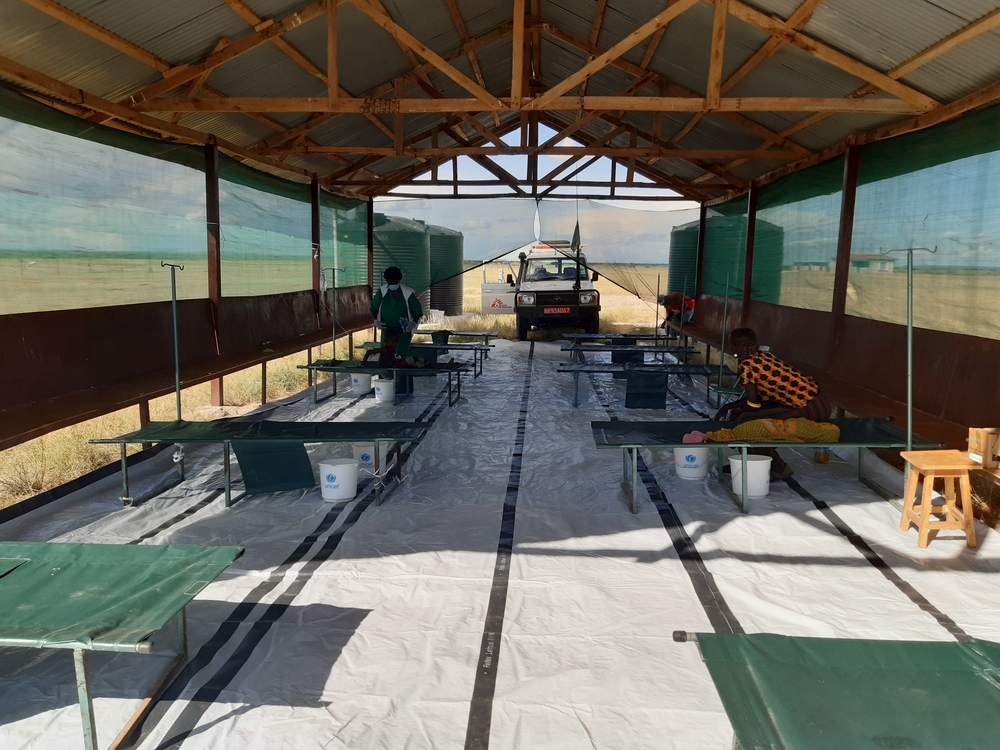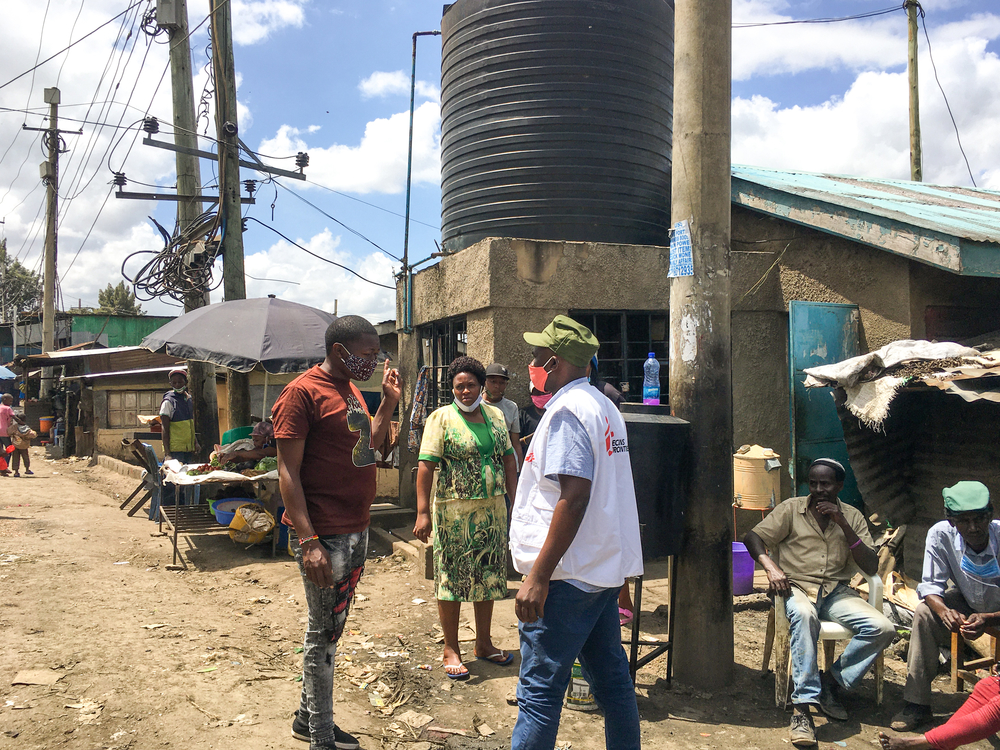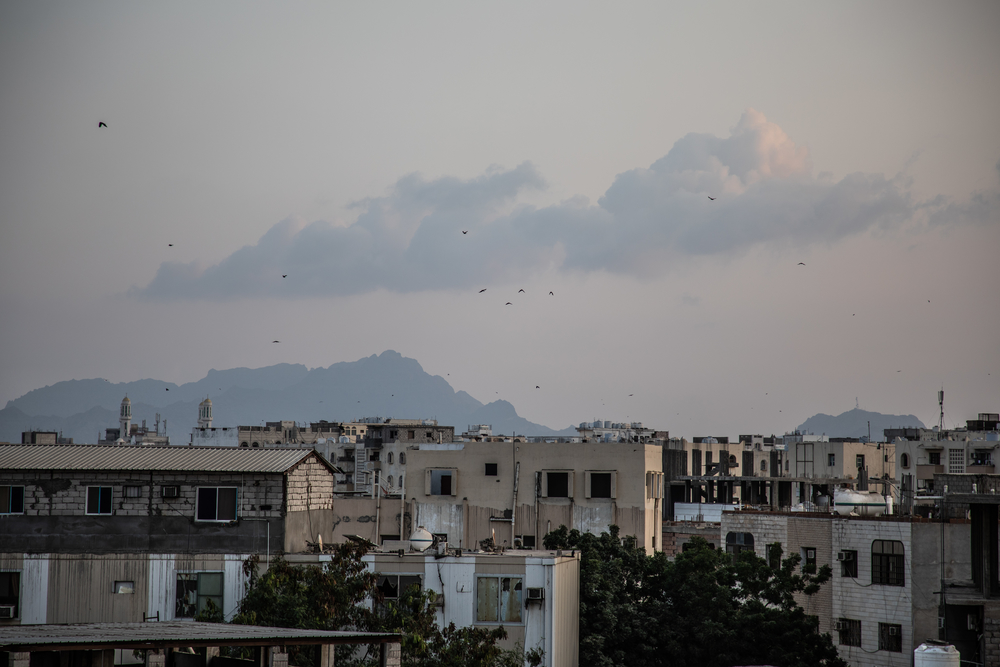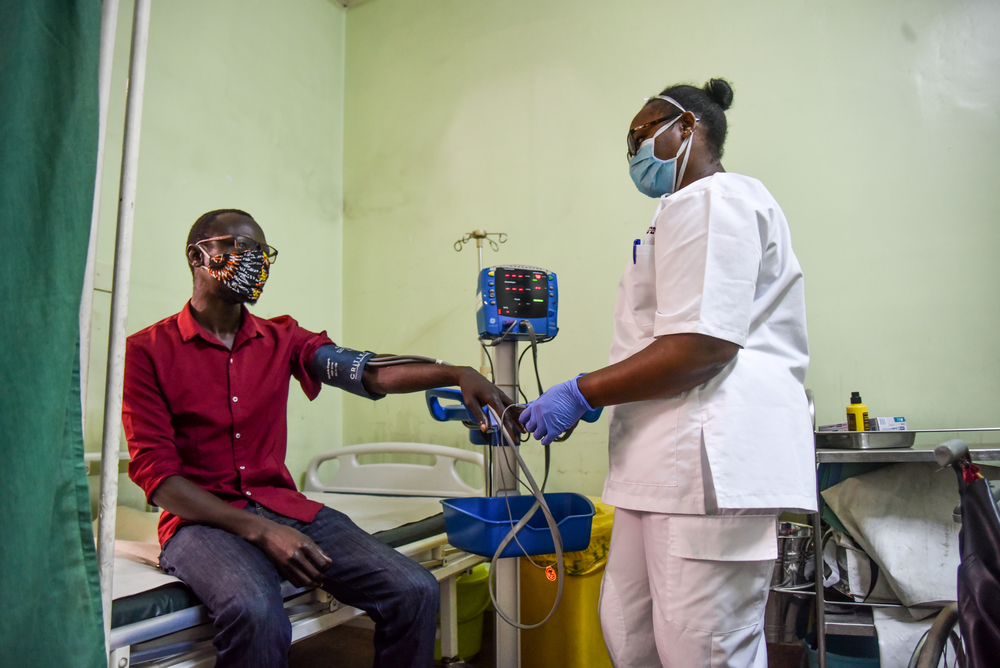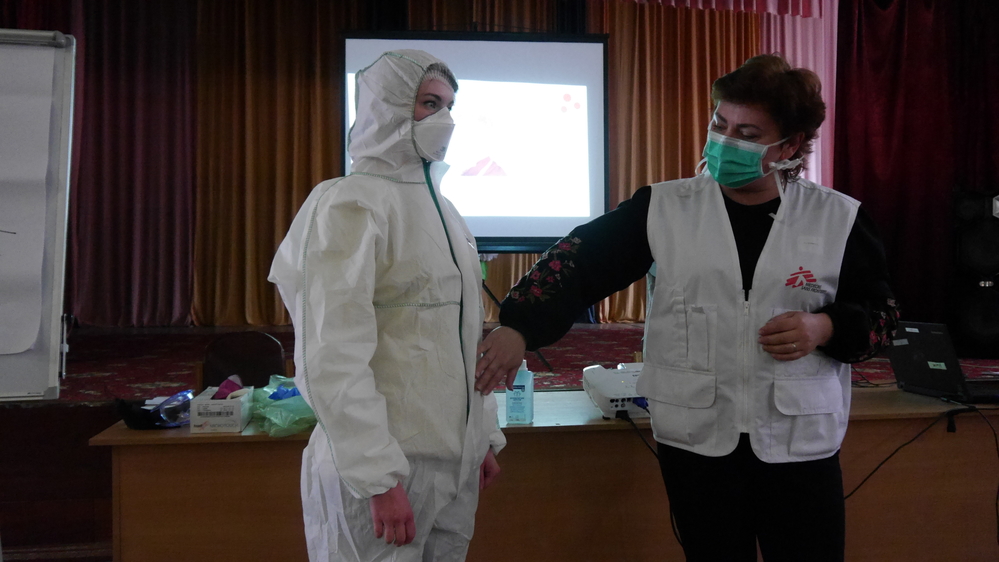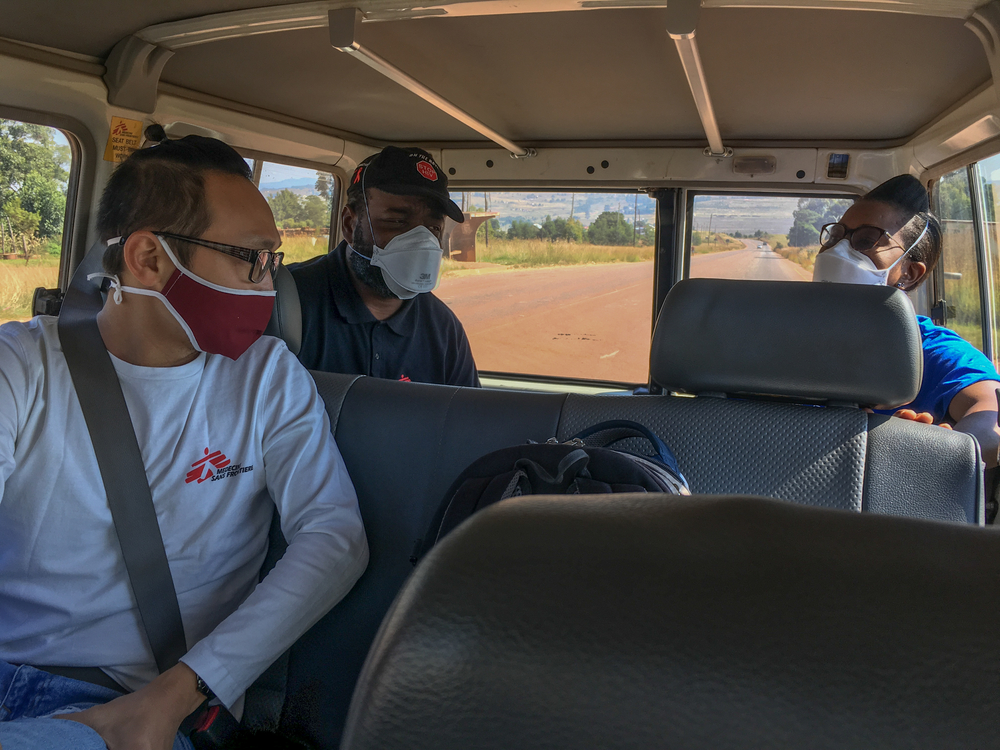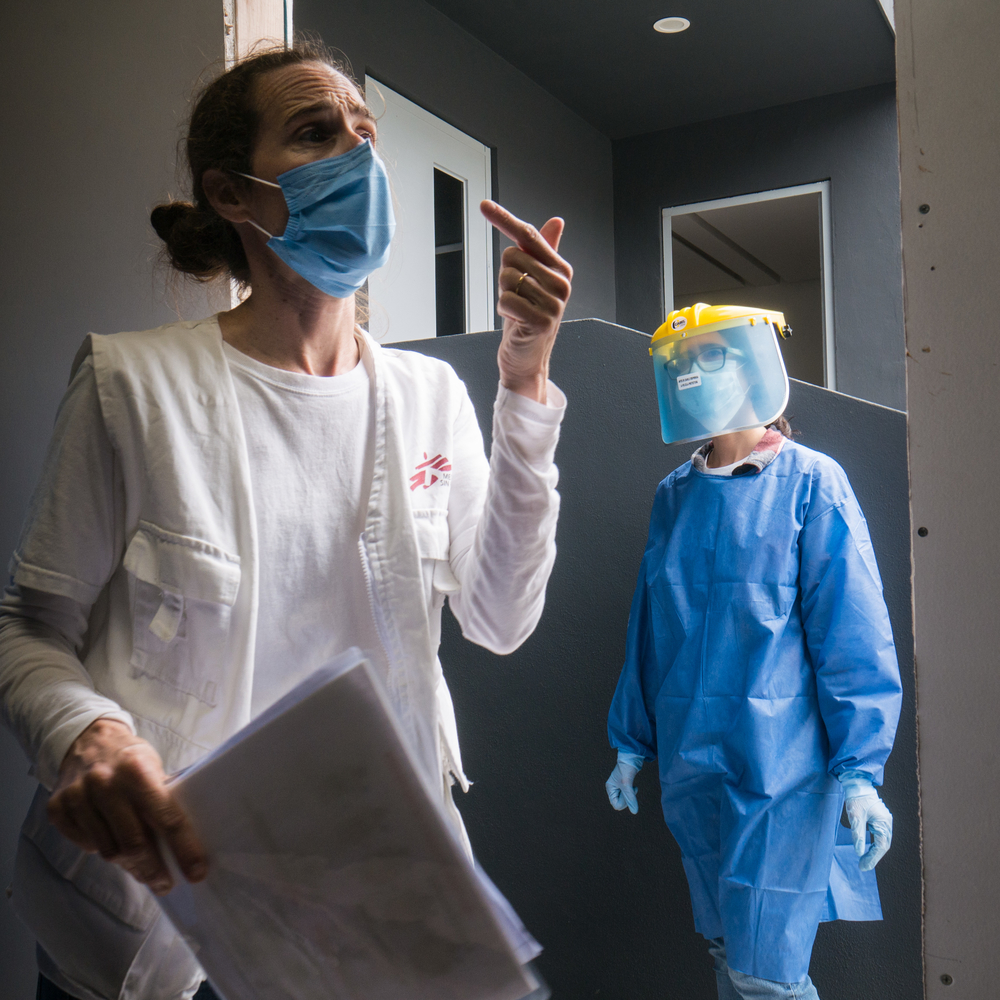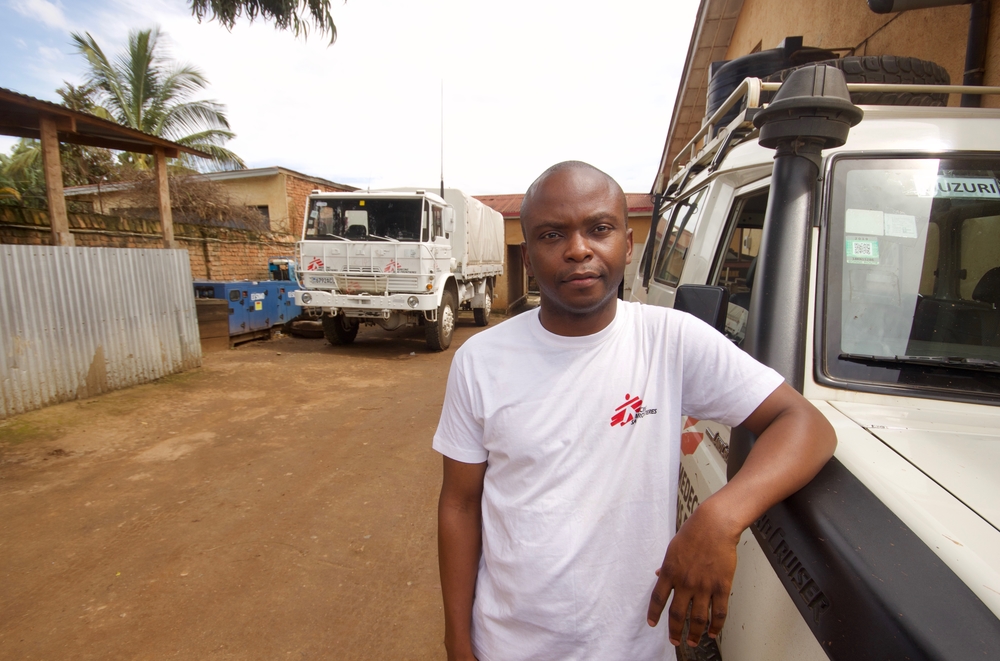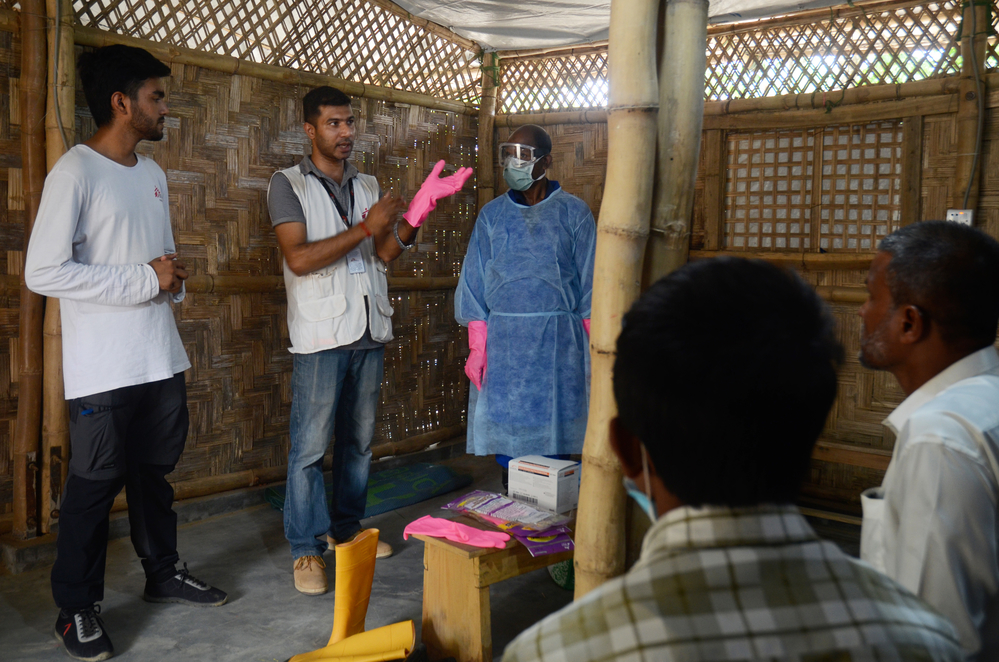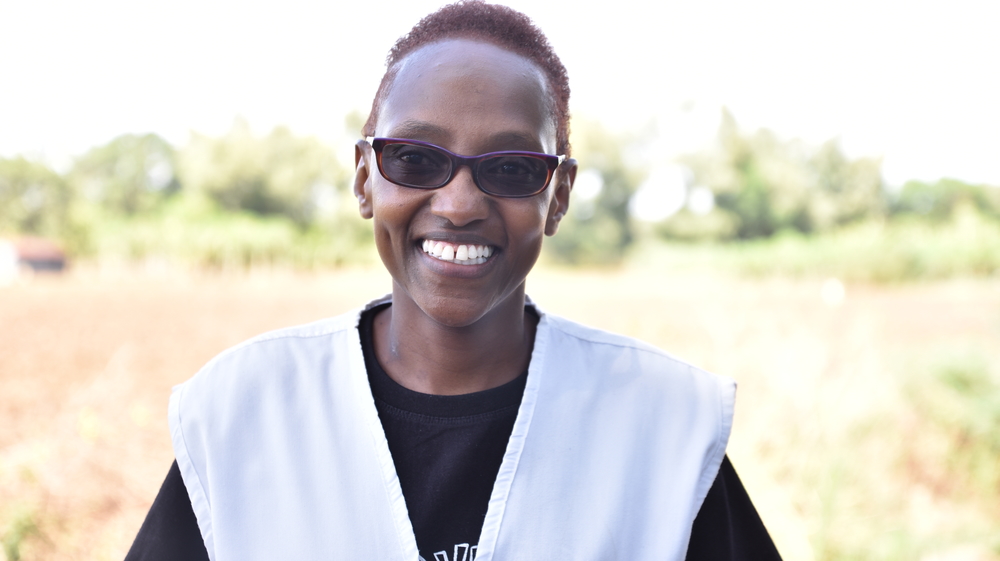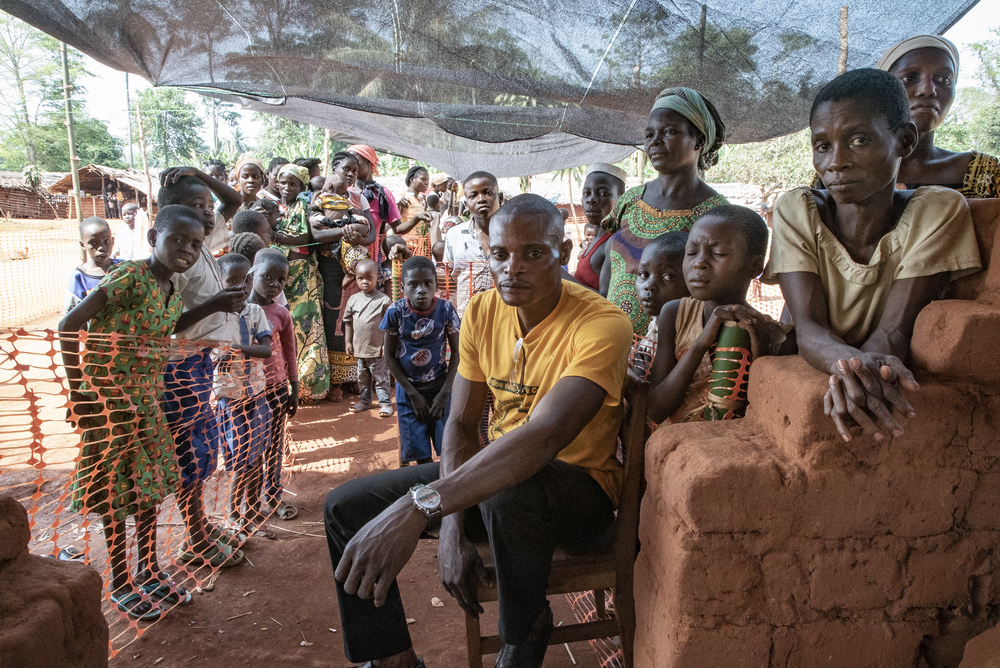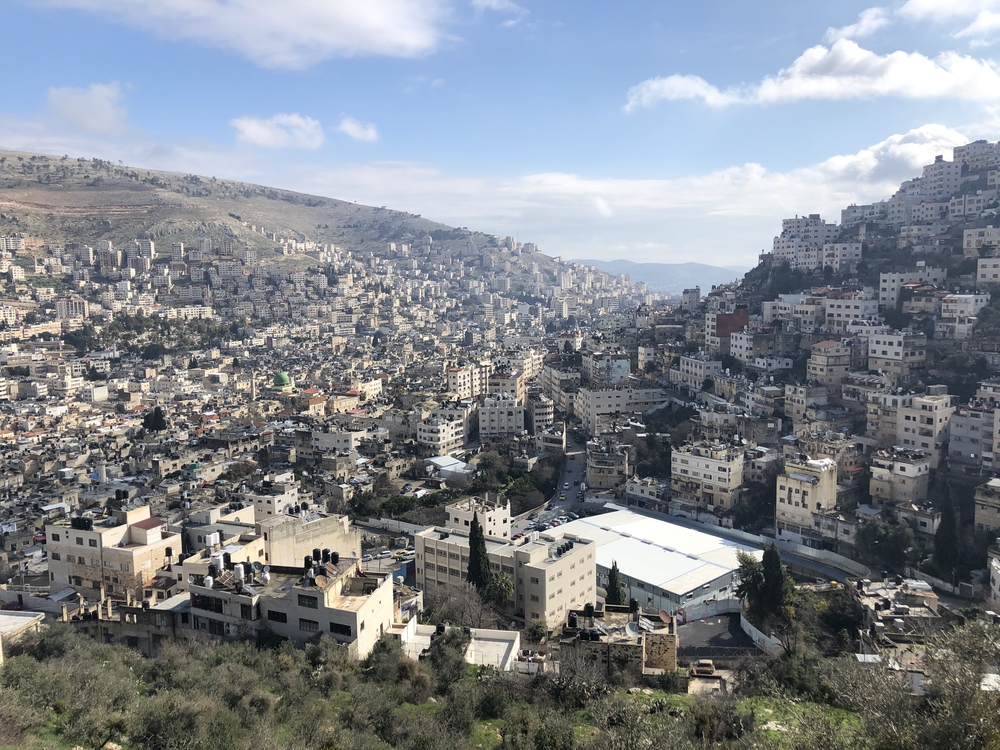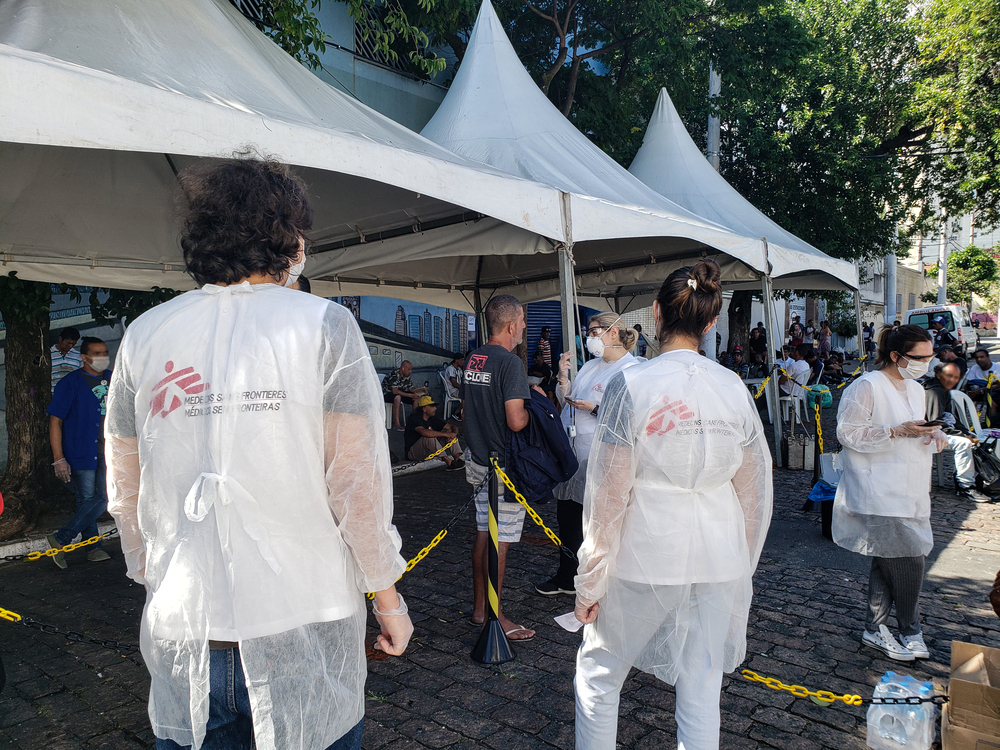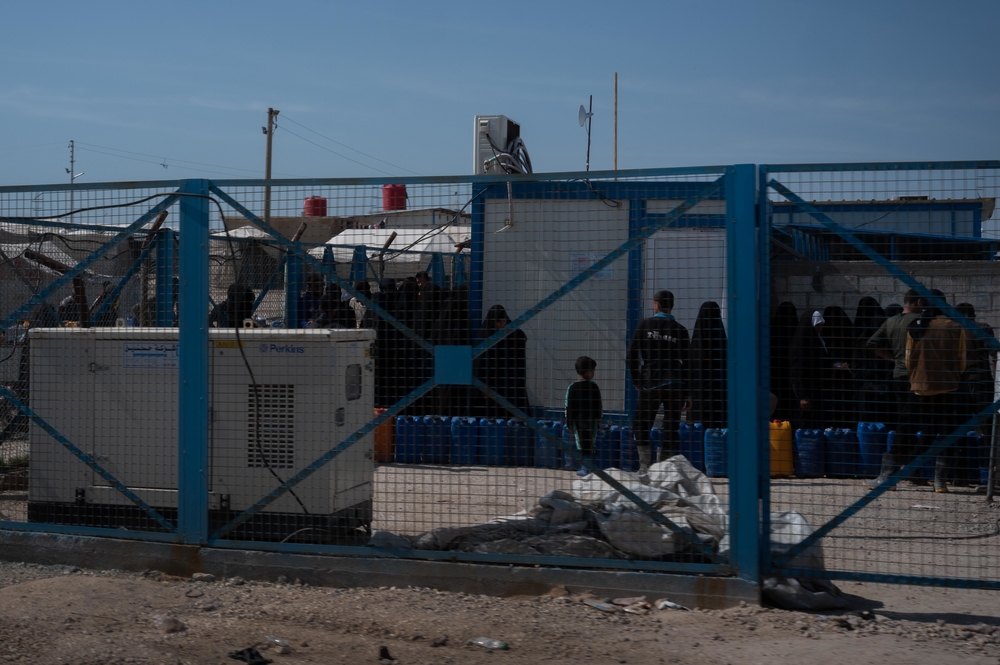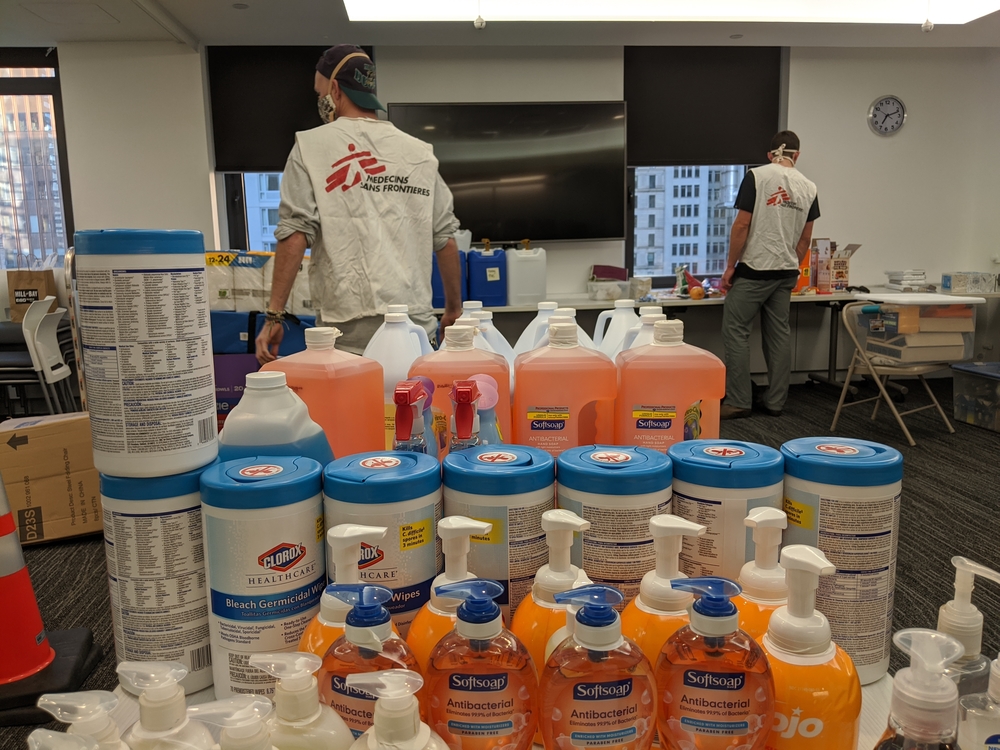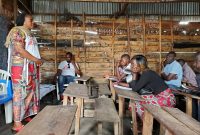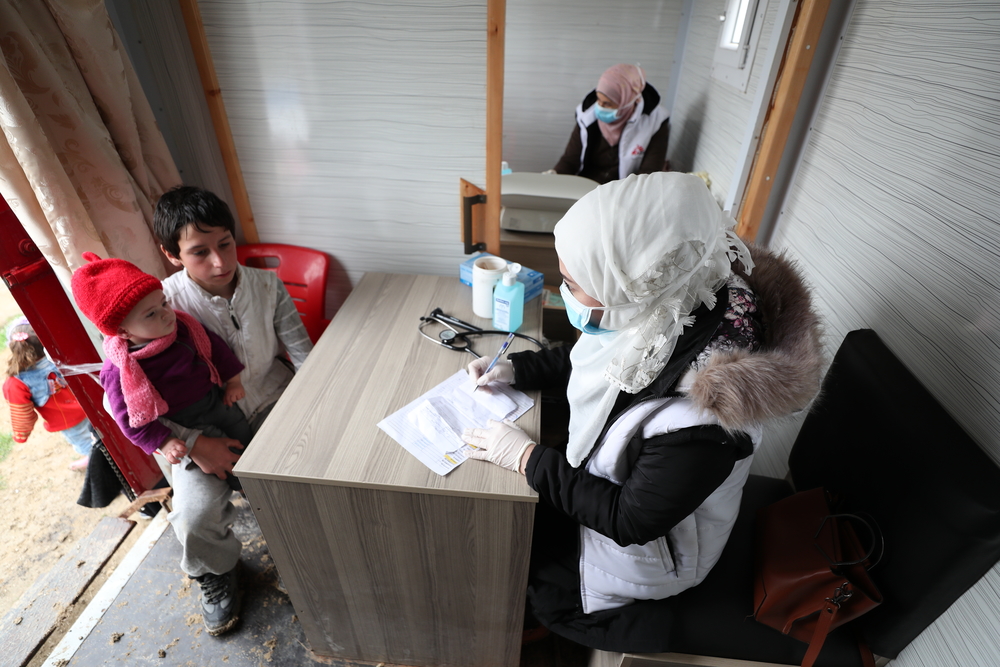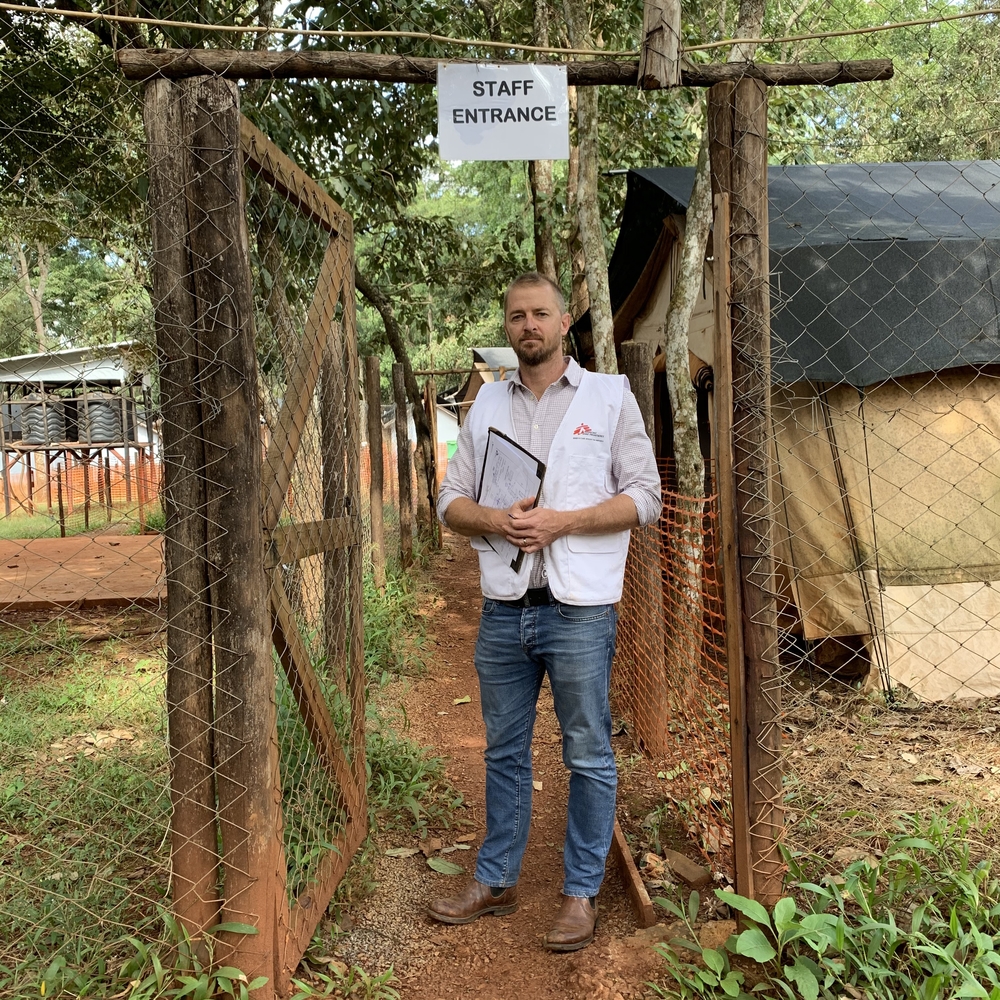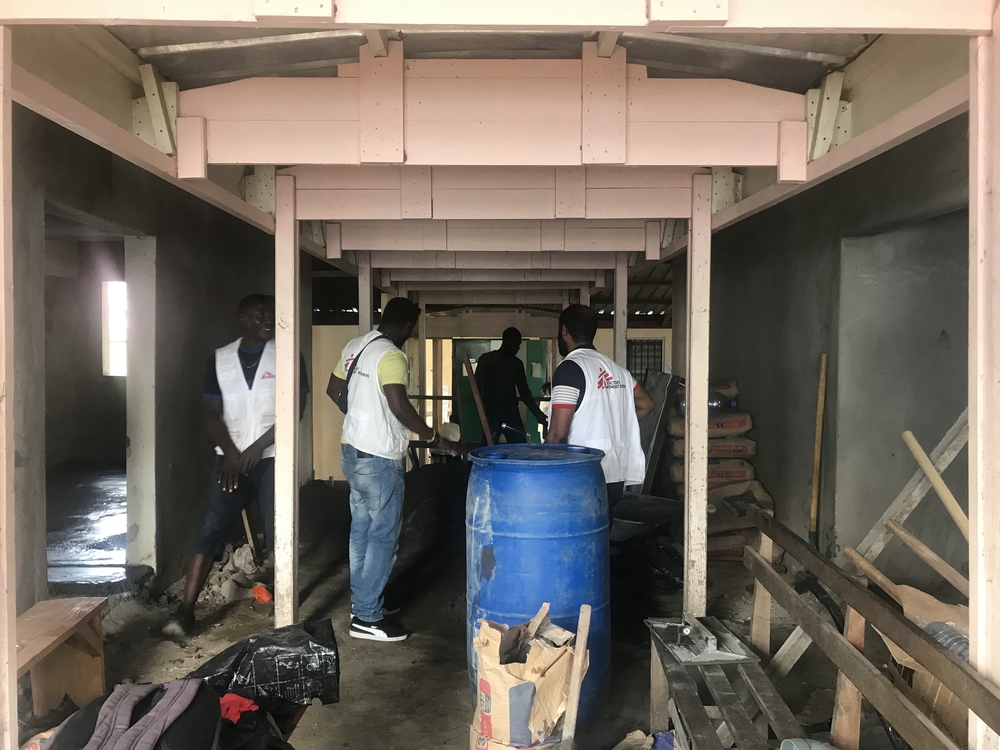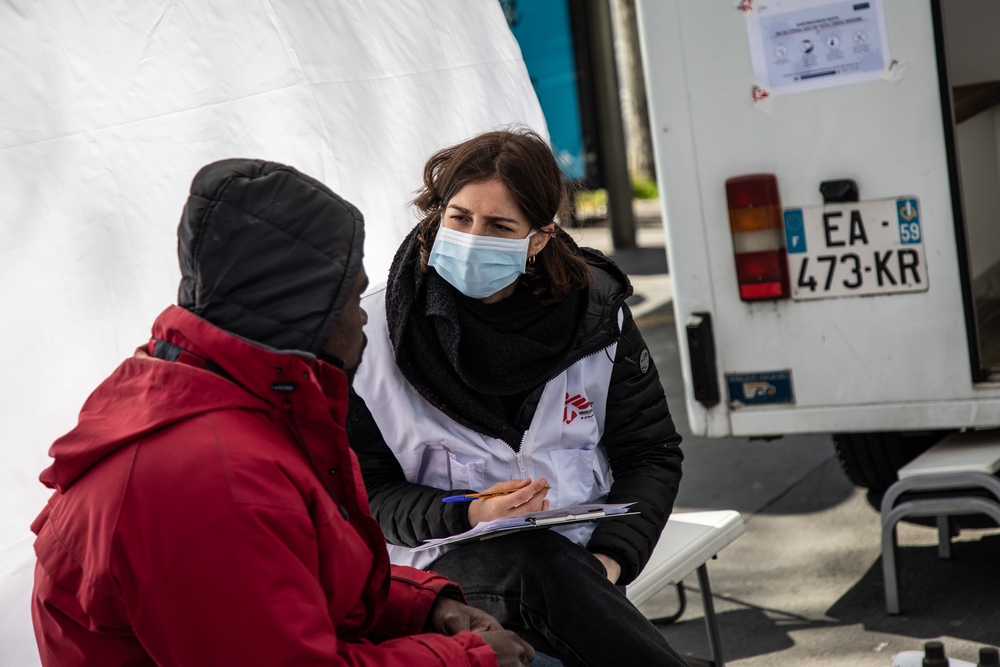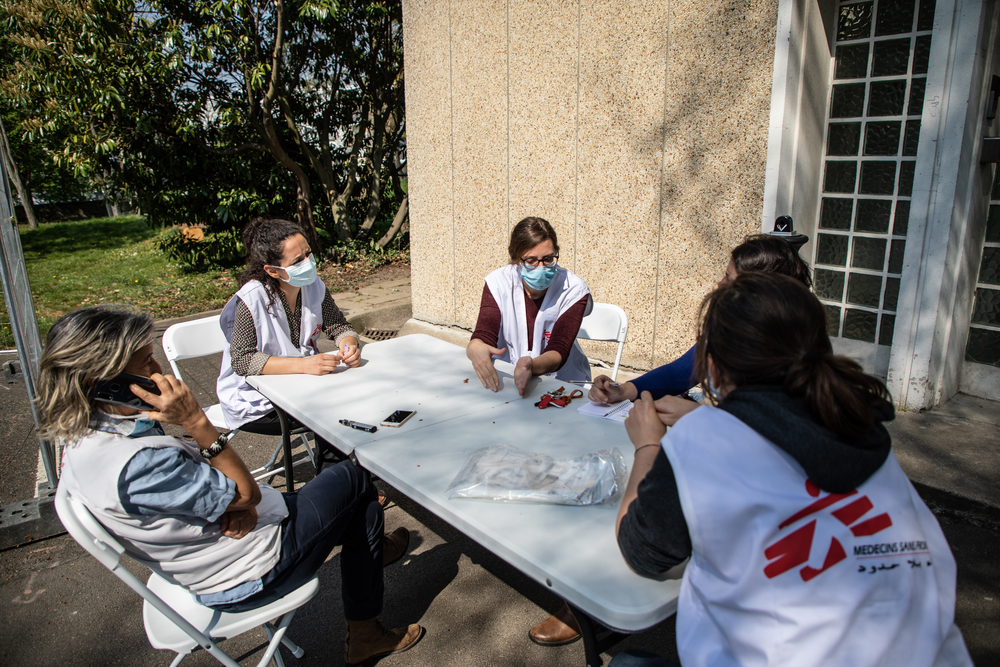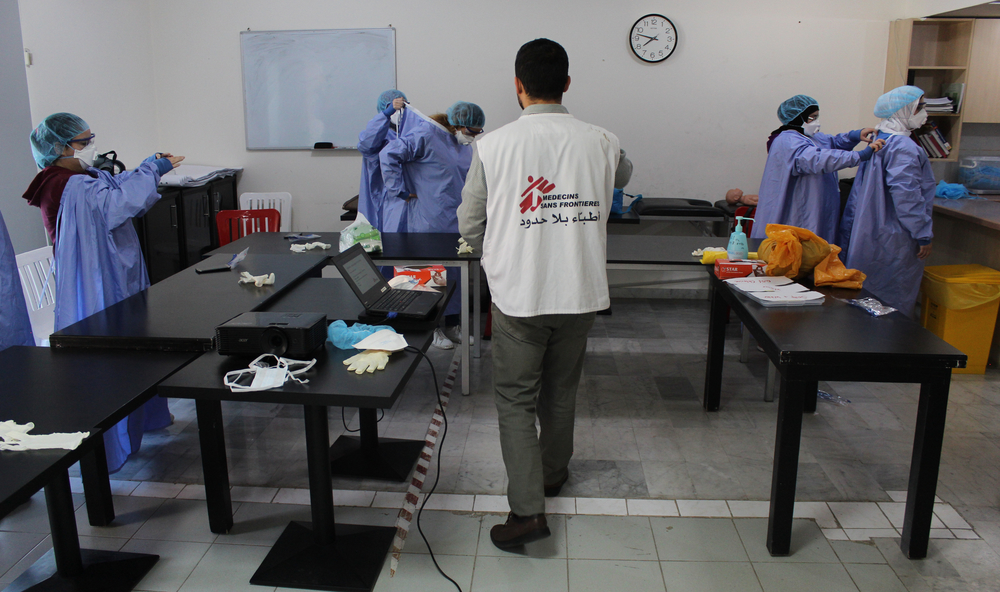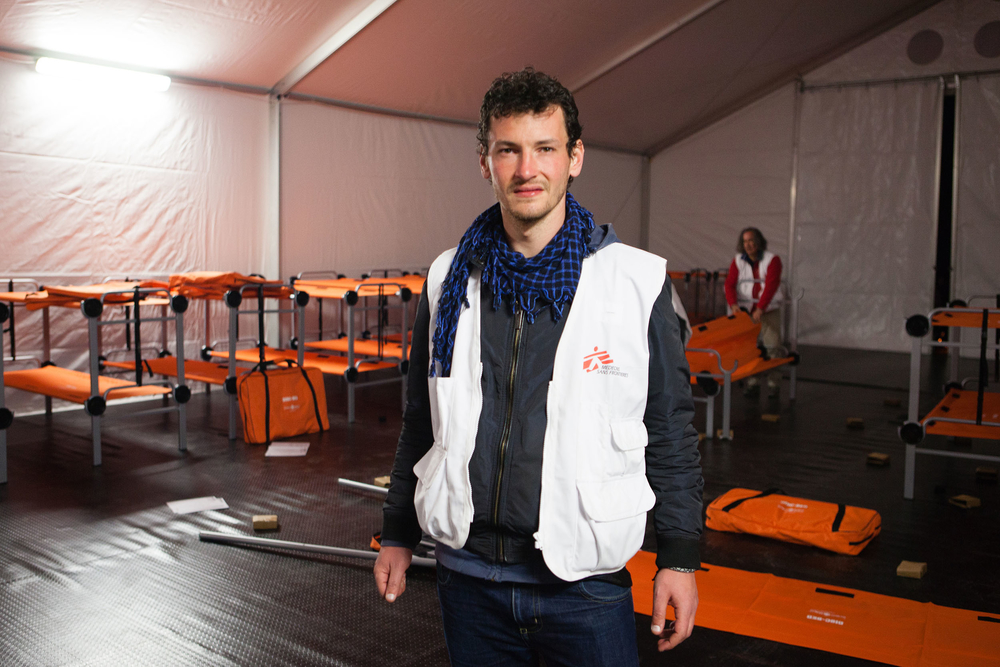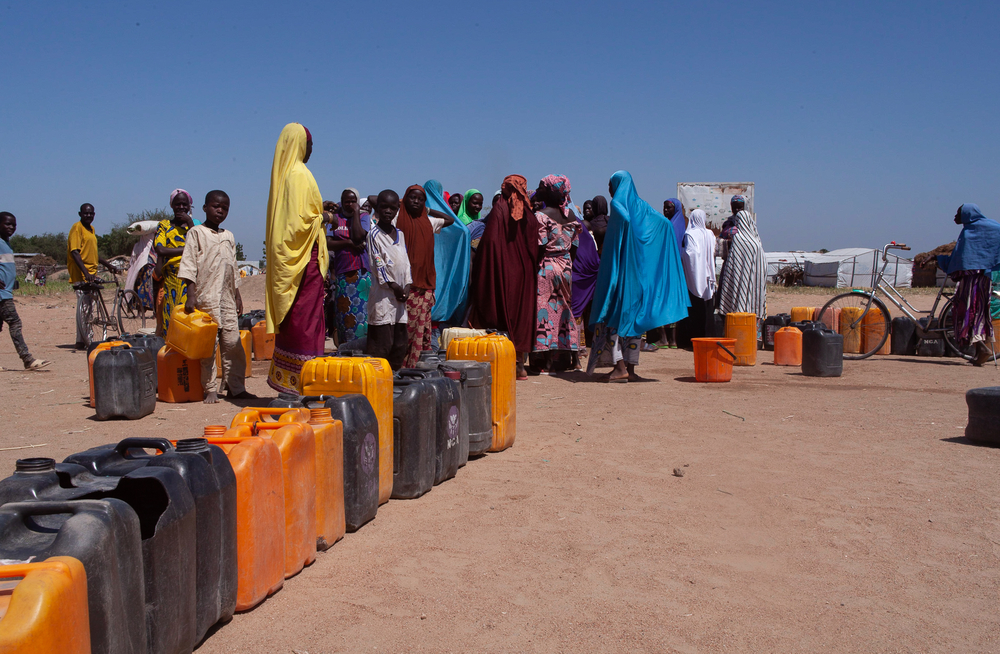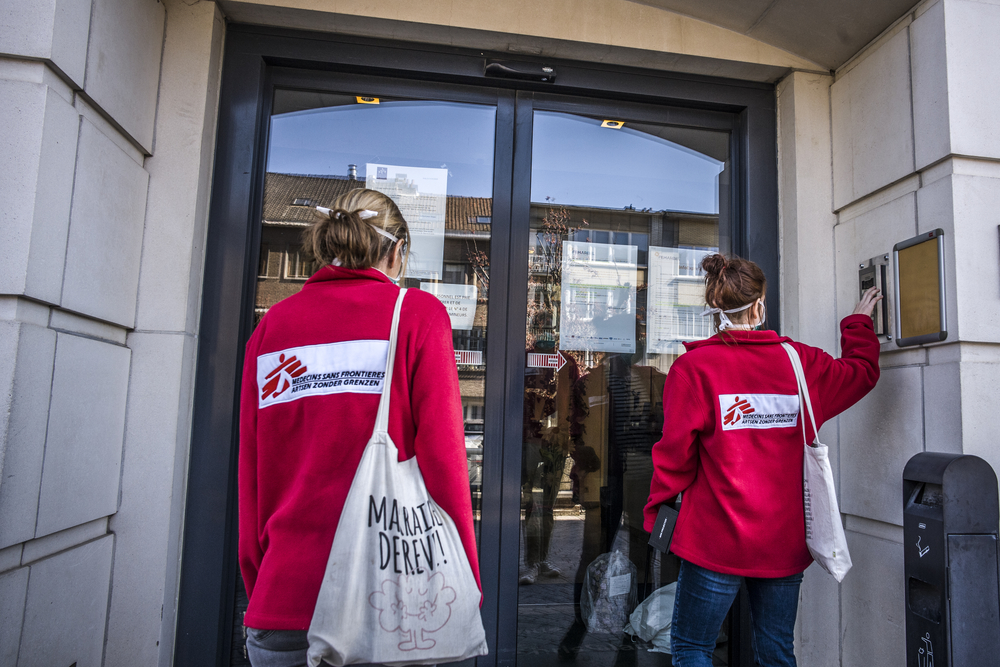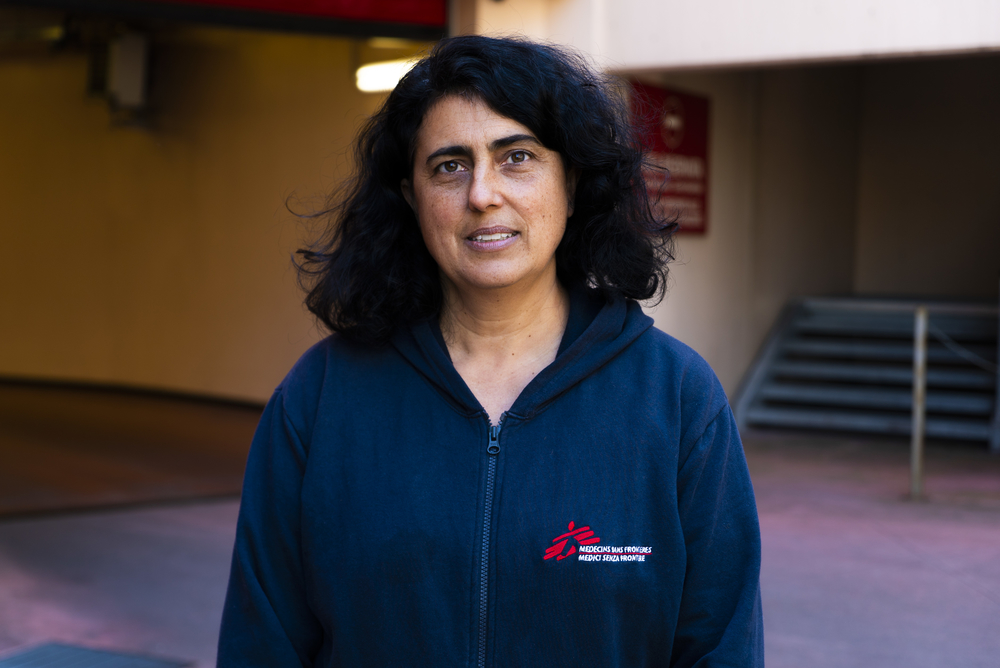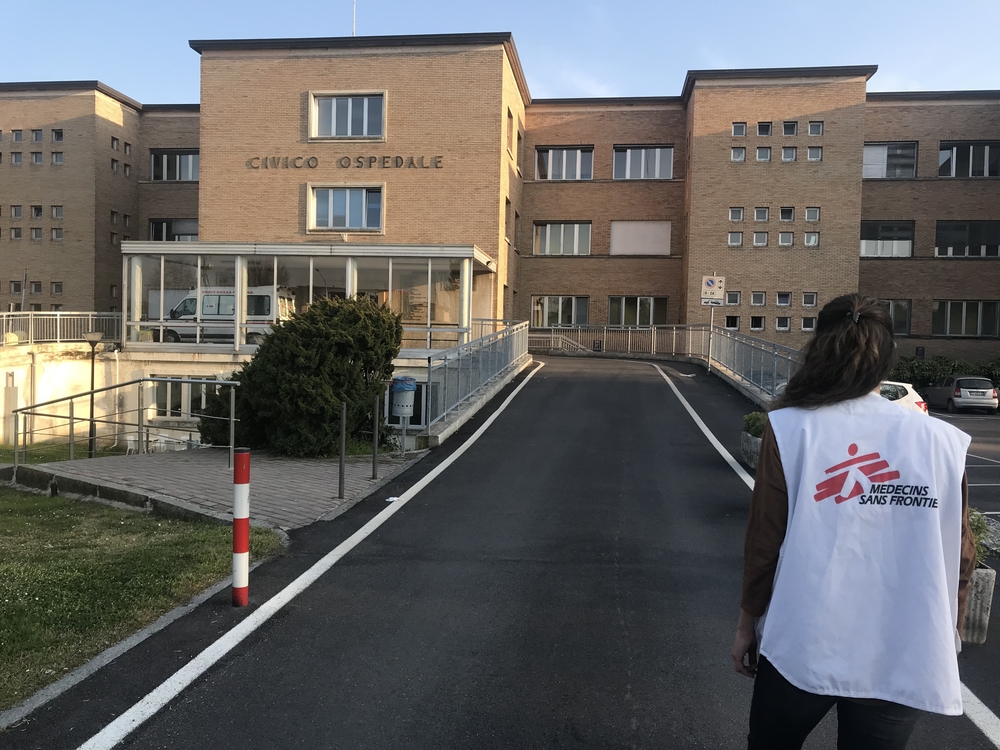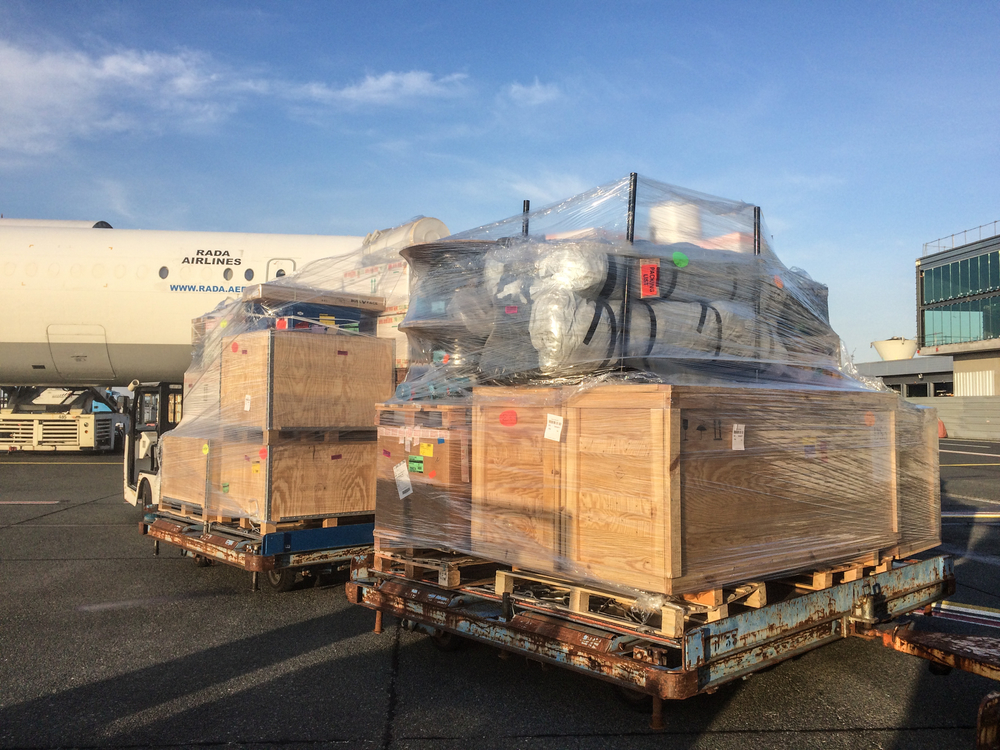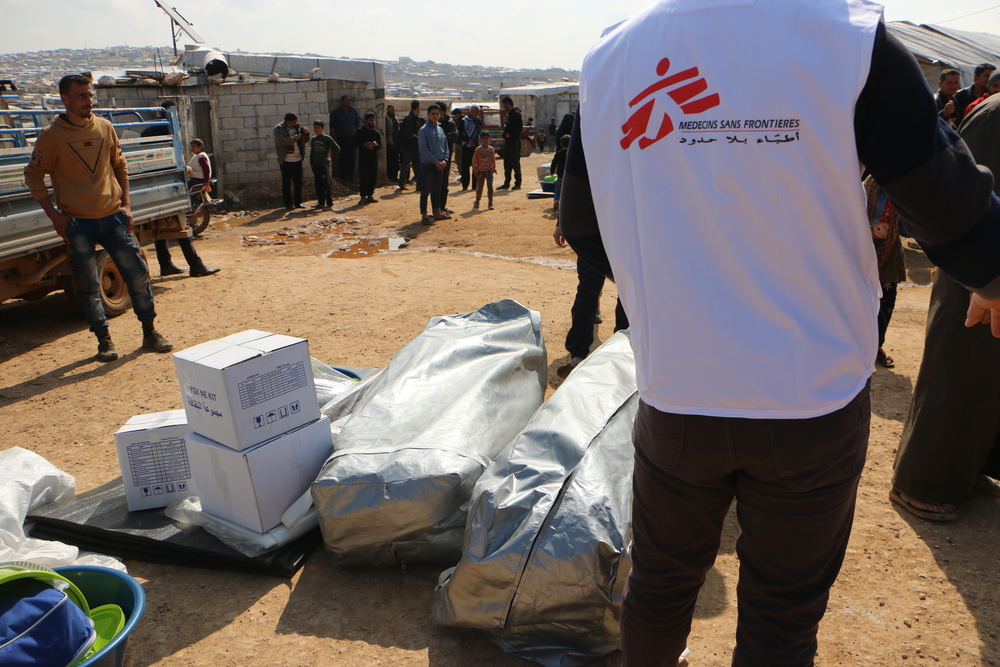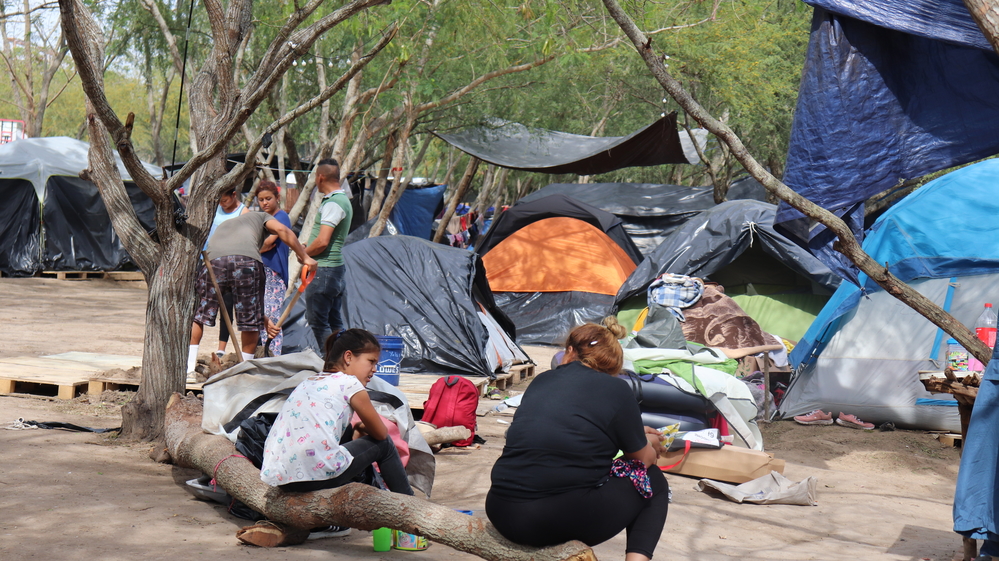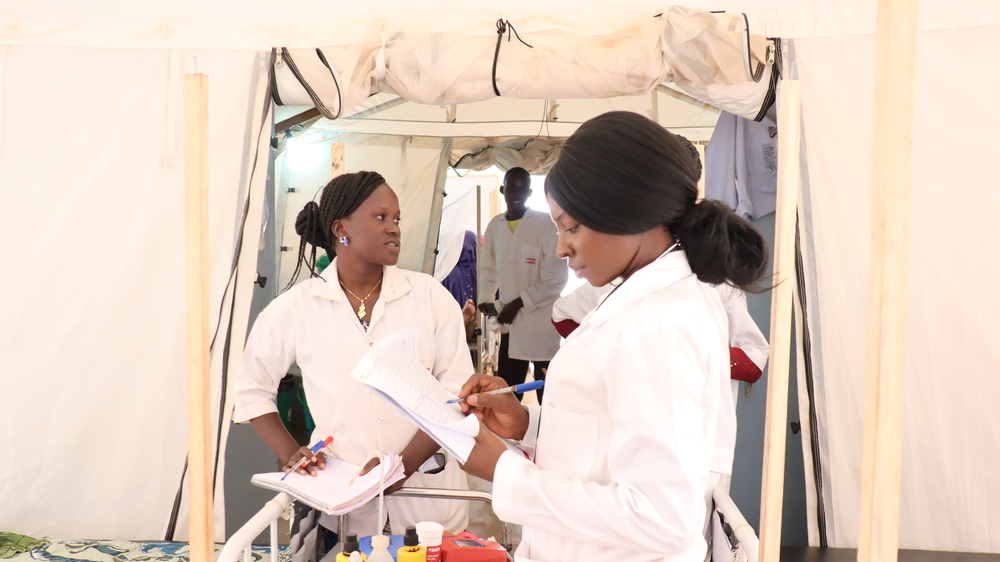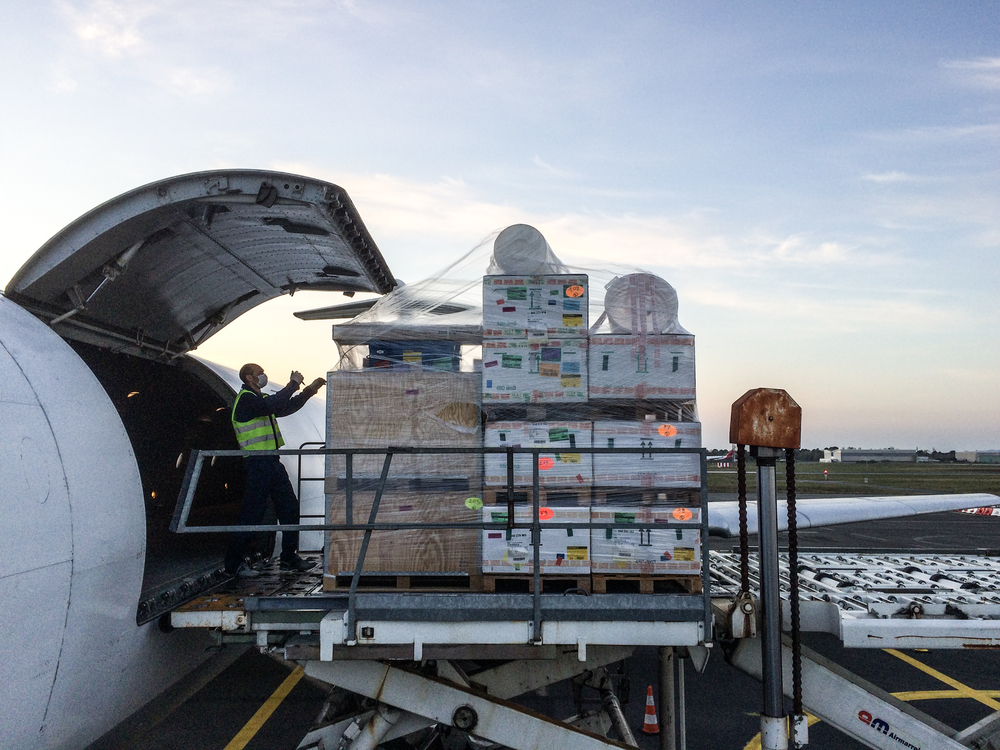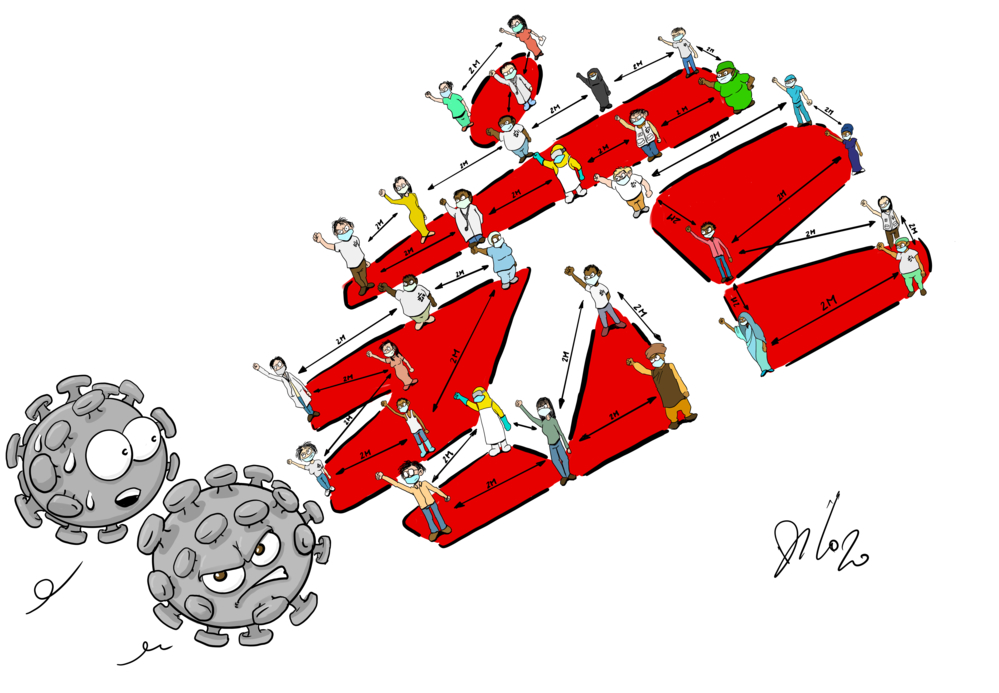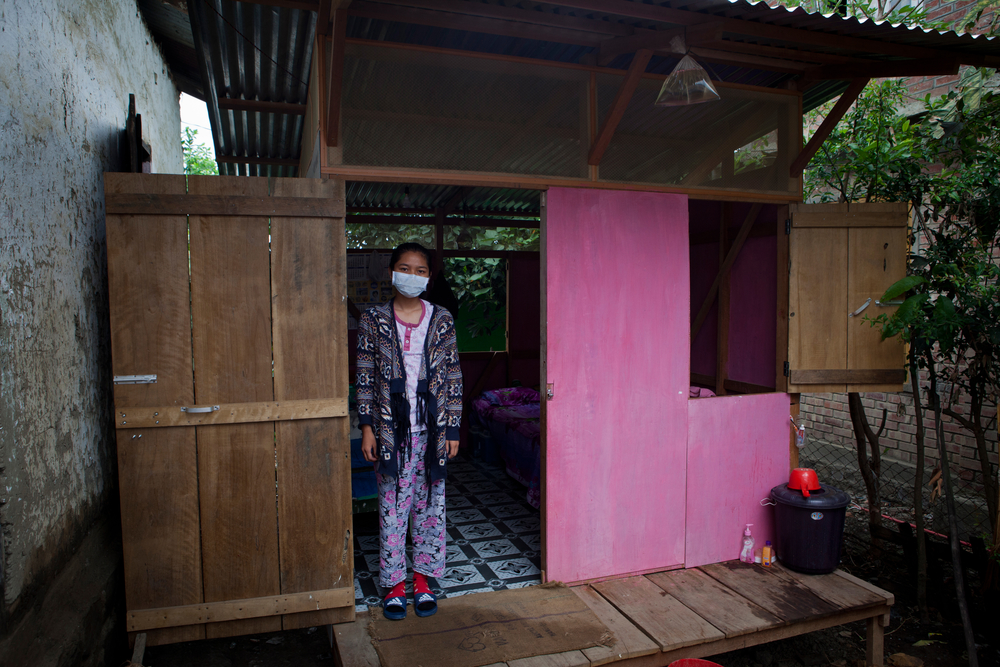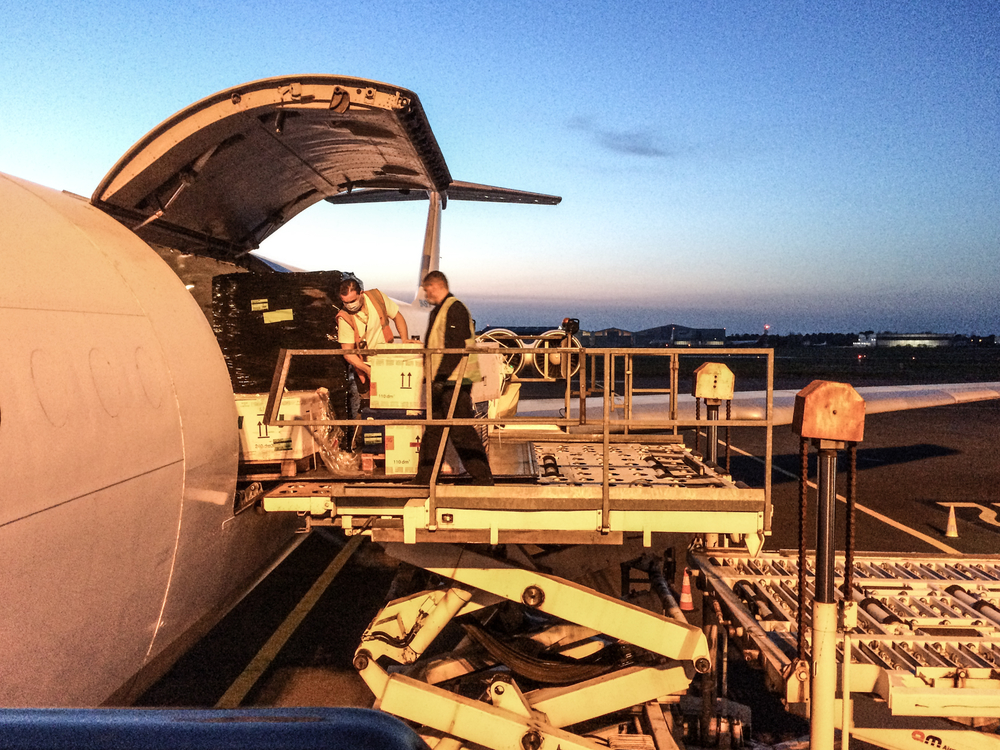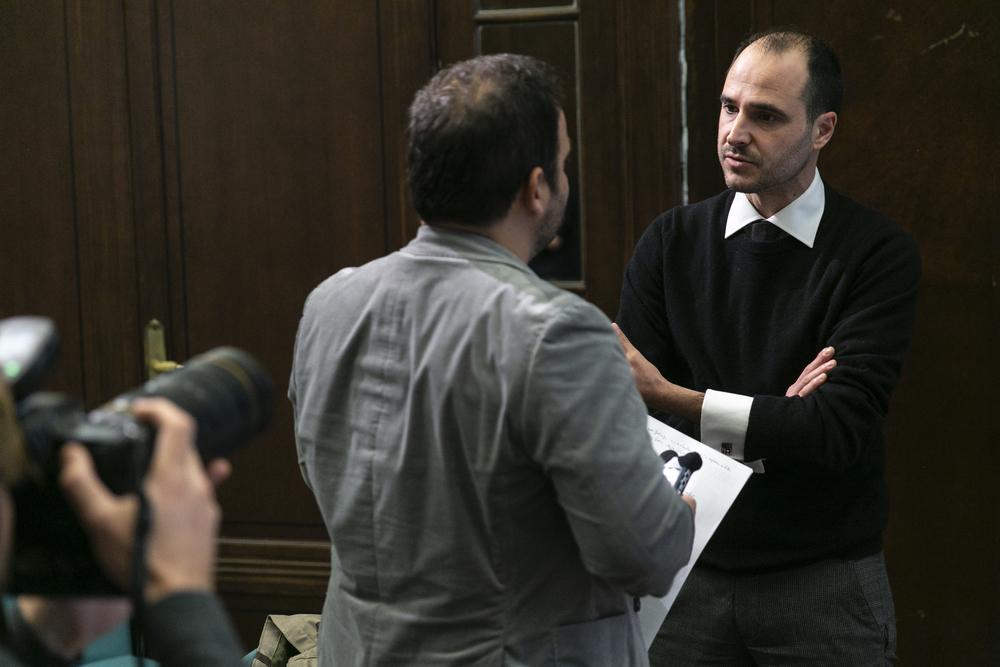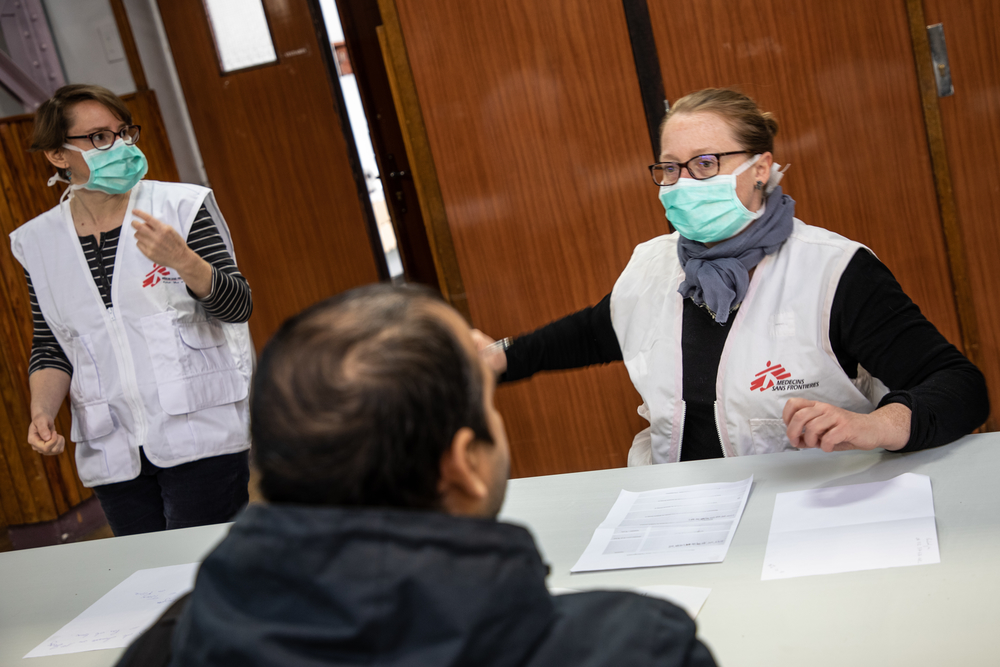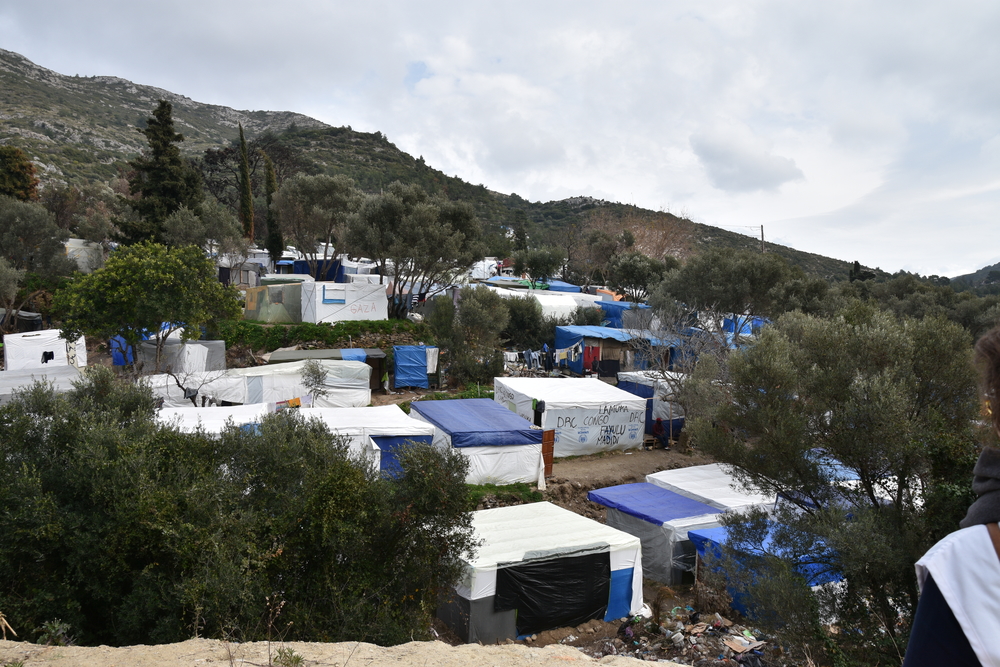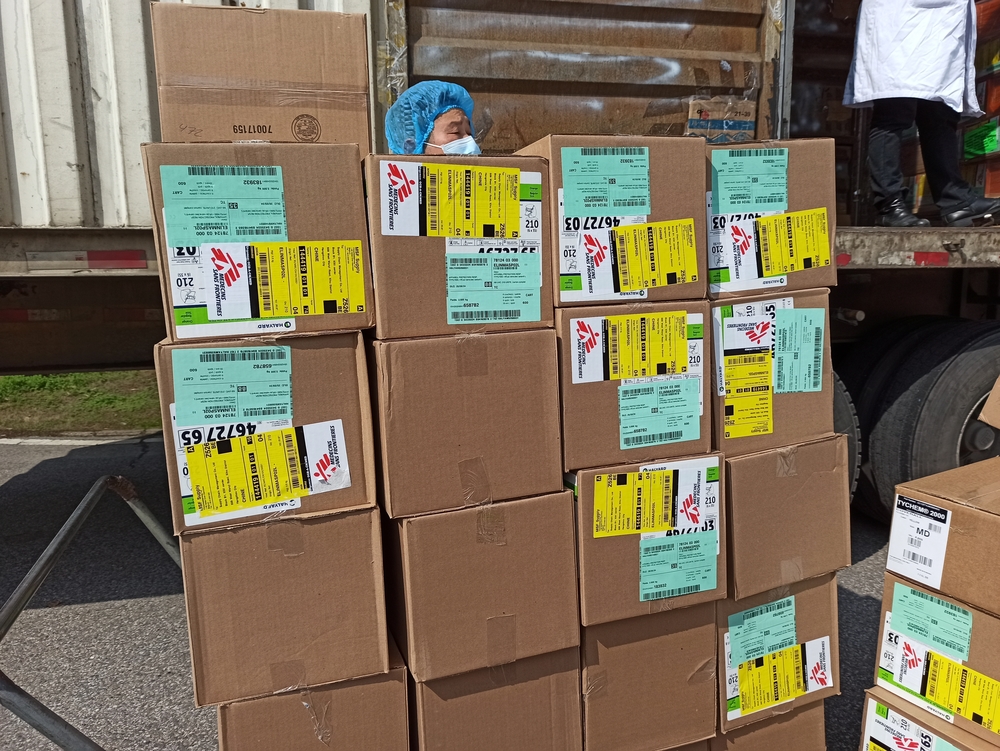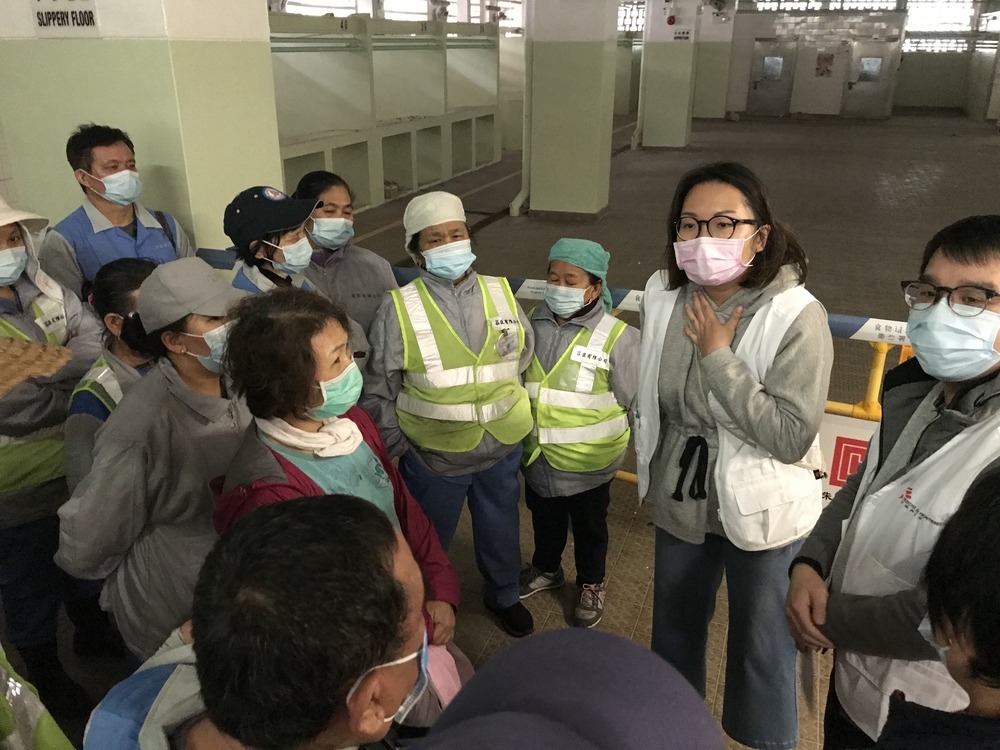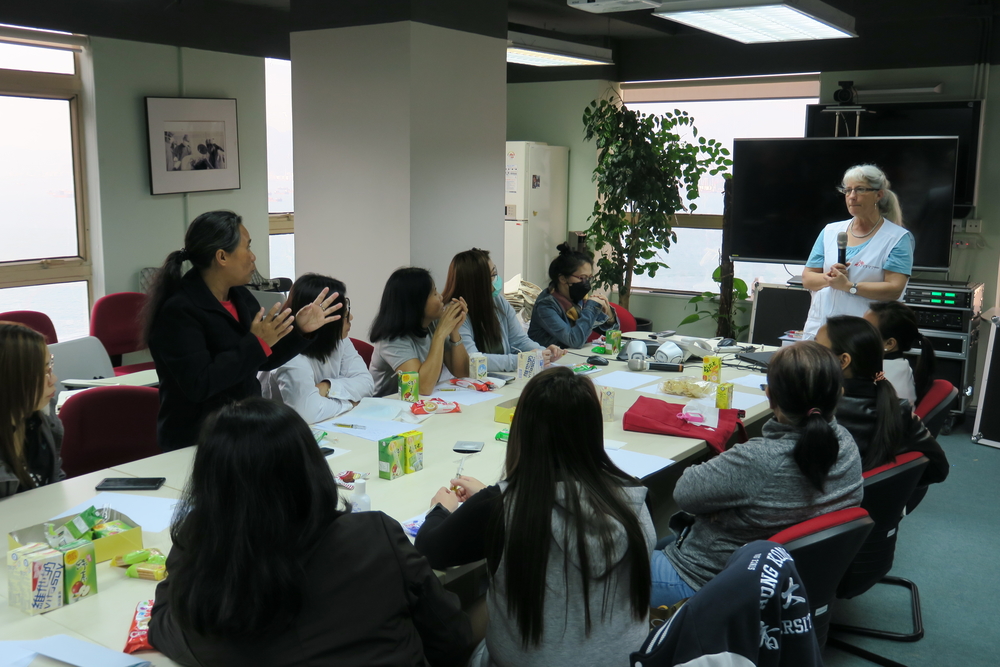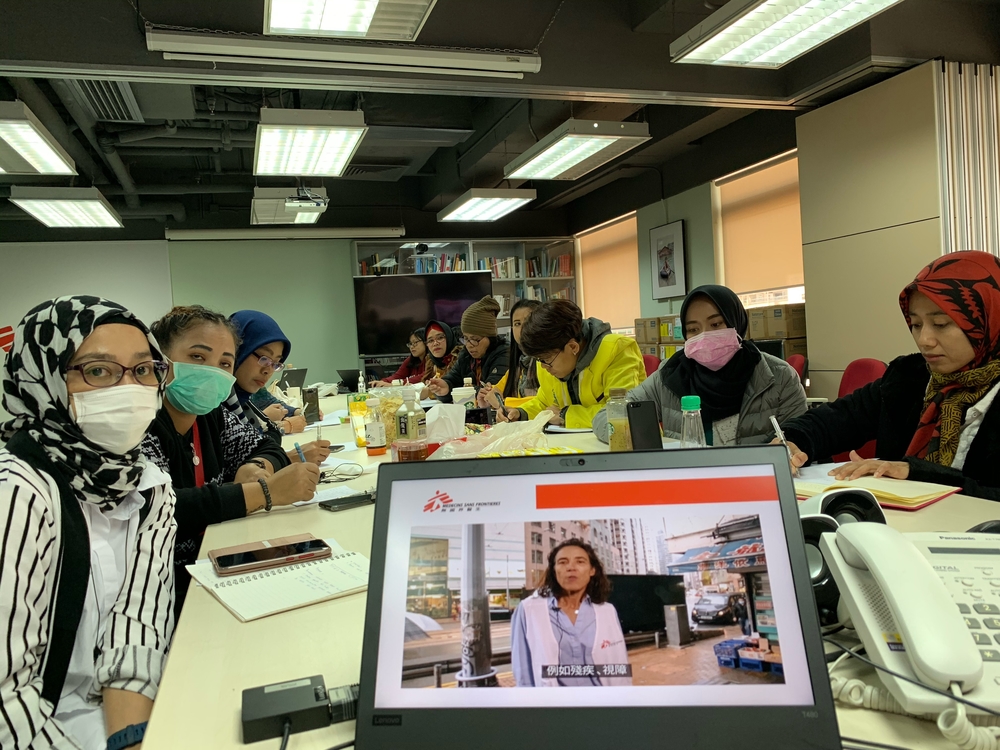Brazil: MSF works to prevent spread of COVID-19 among indigenous people in Mato Grosso do Sul
Indigenous communities in Brazil have been especially vulnerable to COVID-19. In the central Brazilian state of Mato Grosso do Sul, which is home to many indigenous communities, teams from Doctors Without Borders/Médecins Sans Frontières (MSF) are helping prevent, diagnose and treat COVID-19.
With few doctors in Mato Grosso do Sul, there is often no one to identify the moment at which a person with worsening symptoms needs hospital care. When they finally arrive at hospital, it may be too late to save them.
There is also a high prevalence of chronic diseases, such as diabetes and hypertension, among the indigenous communities of Mato Grosso do Sul. These conditions increase the risk of a person infected with COVID-19 developing severe symptoms and dying. In this area, these medical conditions appear to be linked to changes in traditional ways of life, as people become increasingly sedentary and eat more processed foods. The chronic diseases often go untreated due to the obstacles faced by many people in accessing healthcare – from discrimination in health units to a lack of proper health information.
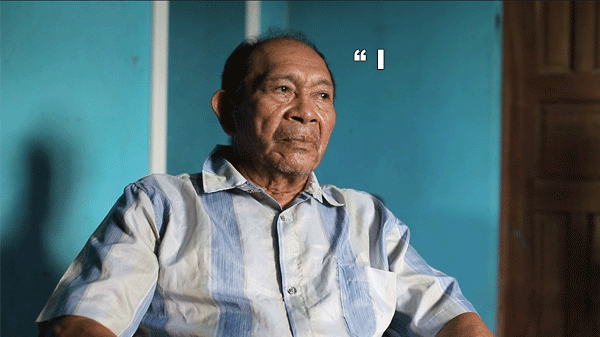
“Where COVID-19 has arrived, it has left a trail of destruction,” says indigenous leader Oto Lara, from the village of Colonia Nova, in the indigenous land of Taunay/Ypegue. “Our concern increased when we learned that the disease was already in the neighbouring cities, because we knew that we had no medical facility here.”
Since August 27, MSF’s mobile teams have been visiting 11 villages in the region, providing consultations at local health posts and doing home visits to monitor people who have tested positive for coronavirus and to detect new cases.
Working with Indigenous communities
Edivaldo Felix is an indigenous health community agent who lives and works in Limao Verde village. As a health worker, he was on the frontline when the new coronavirus arrived in his community. He was one of the first people in his village to contract COVID-19. He experienced breathing difficulties and spent 31 days in Aquidauana hospital.
“It’s a horrible disease,” says Felix. “You try to breathe but feel always short of breath. Because of my job, I had some knowledge and I think it helped me. I think I will be able to provide better assistance to my patients after going through this.” Now back at home, Felix is receiving regular visits from the MSF team to monitor his health.
MSF’s teams are also spreading health education messages to provide people with clear information about the disease and how to prevent it. “Awareness and prevention are very important so that the population is more informed and calm and can follow our recommendations,” says MSF doctor Pedro Ueda.
MSF teams have also been providing support to medical staff from the local health department and the Special Indigenous Sanitary District of Mato Grosso do Sul (DSEI MS), responsible for the health of indigenous people in the region.
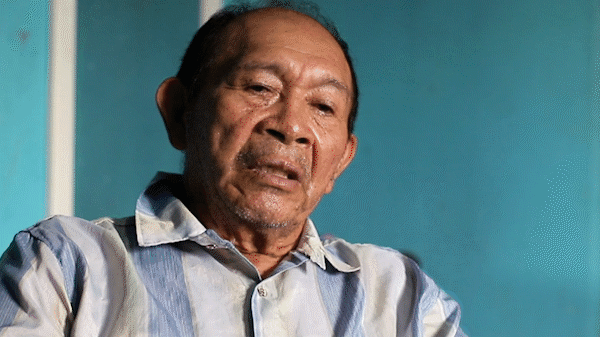
The teams’ activities are not restricted to indigenous communities. MSF is also working in Aquidauana regional hospital, supervising and training local health staff. MSF team members also accompany local health workers on home visits across the city of Aquidauana to monitor the condition of sick people and detect new cases among their families.
“In the urban mobile clinic, we monitor people who have had contact with patients or the ones who have tested positive, as well as patients who have returned home,” says José Lobo, MSF project coordinator in Mato Grosso do Sul. “Our aim is to check if people need to be referred to hospital or need specialist treatment.”
MSF in Brazil
MSF has been providing medical care for vulnerable groups of people in Brazil since the start of the pandemic, beginning with the homeless population in São Paulo in early April, and later providing care in Rio de Janeiro and Amazonas, initially in Manaus and later in the municipalities of São Gabriel da Cachoeira and Tefé. Currently, MSF teams are working in Mato Grosso do Sul, São Paulo and Boa Vista, and conducting trainings in infection prevention and control in the state of Goias.
